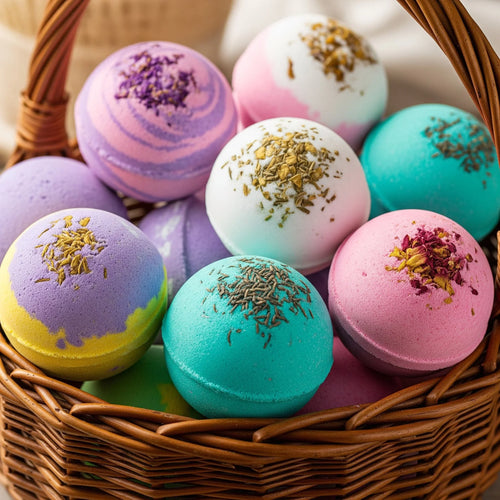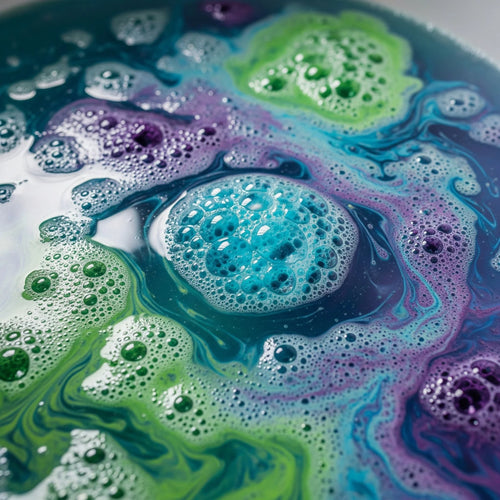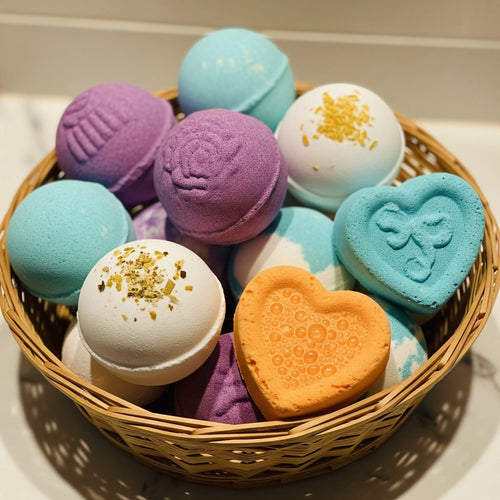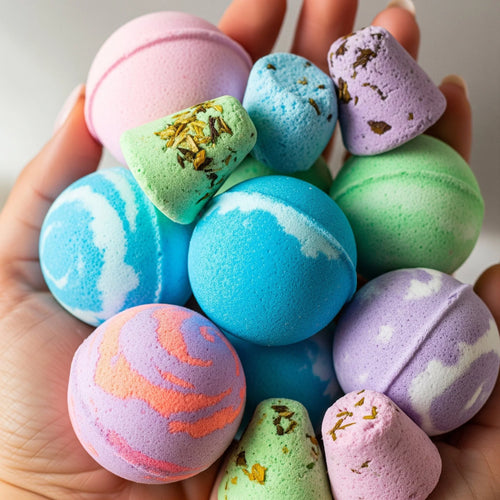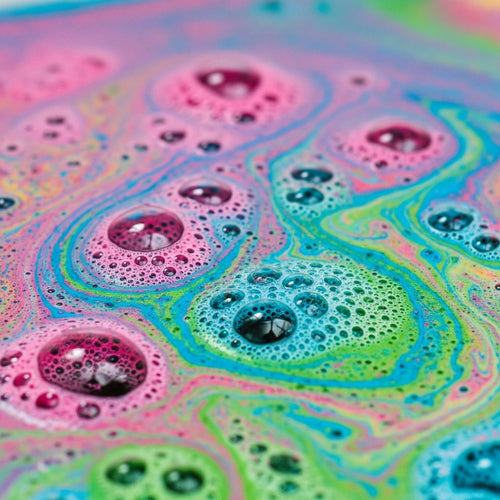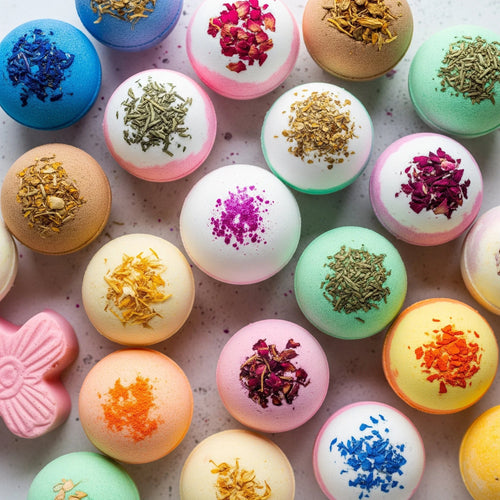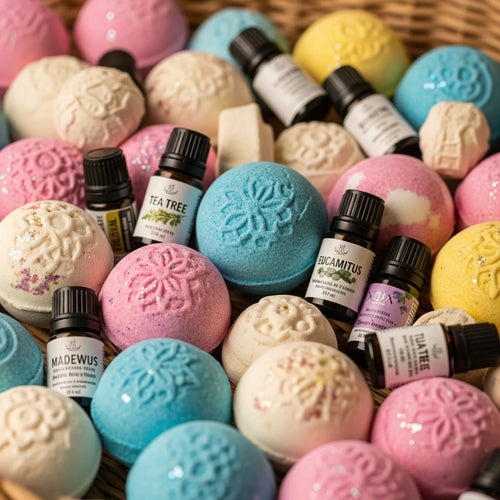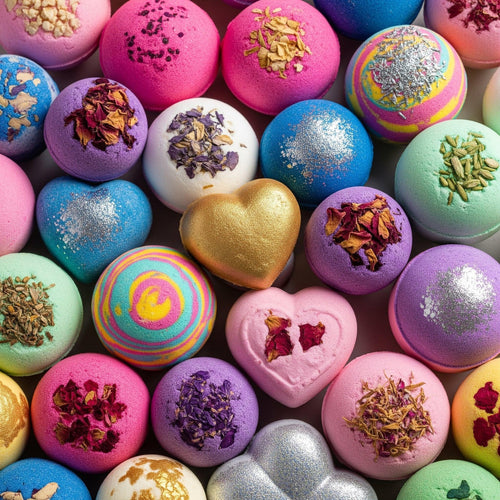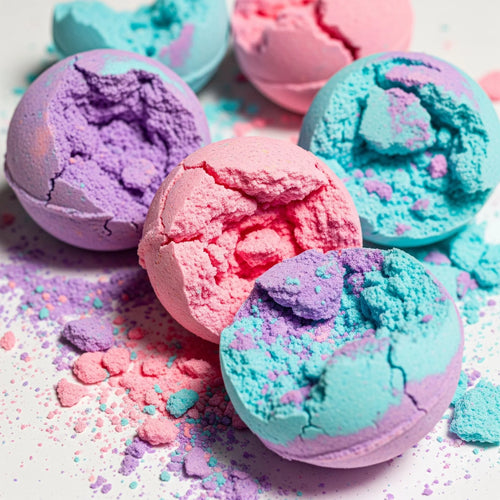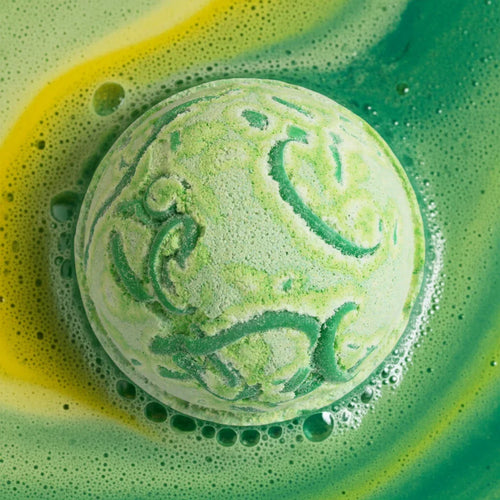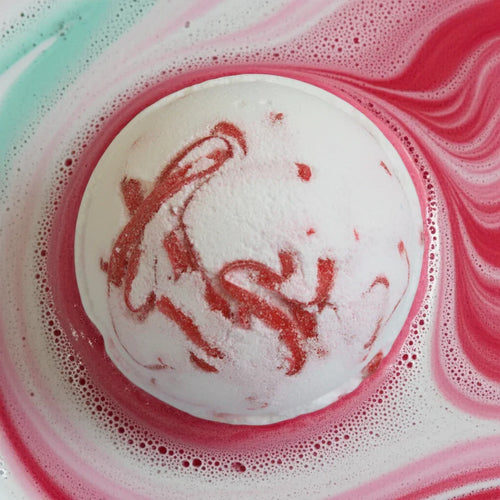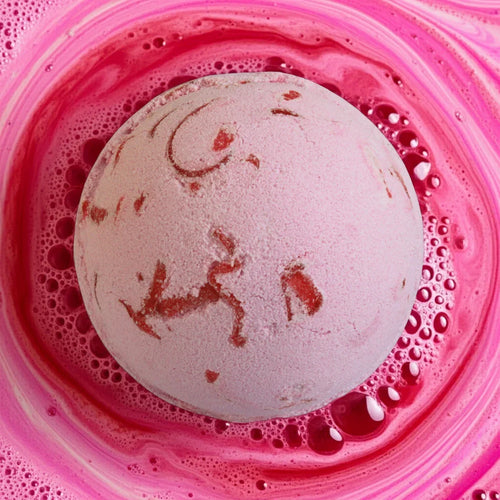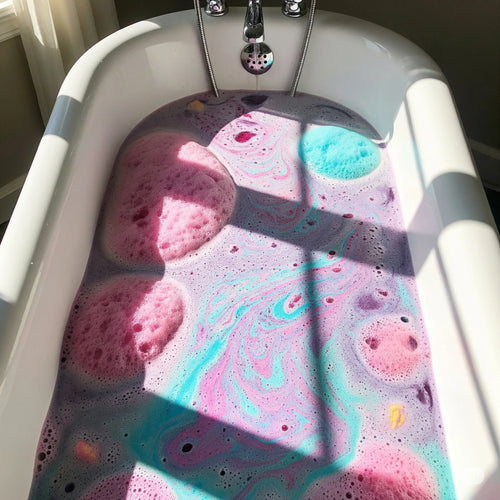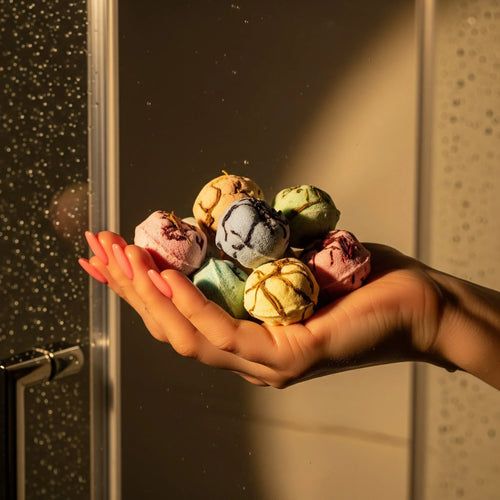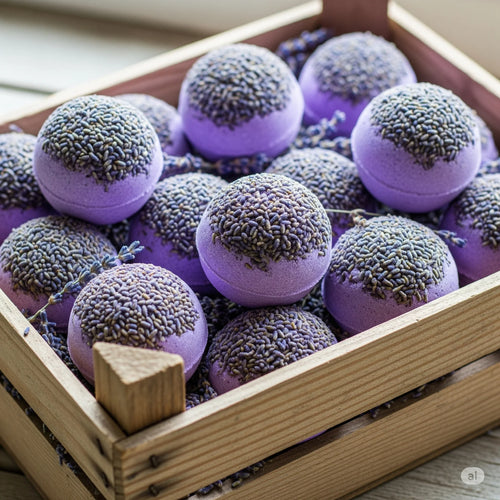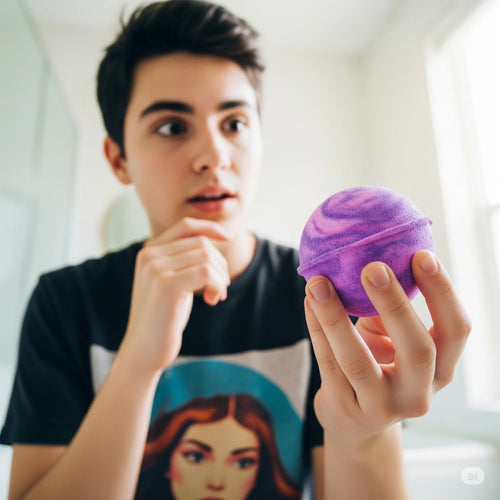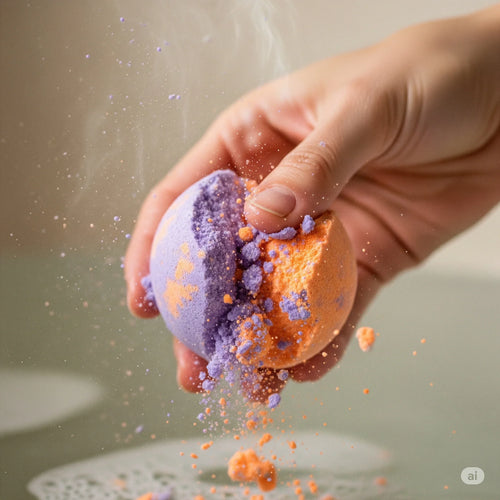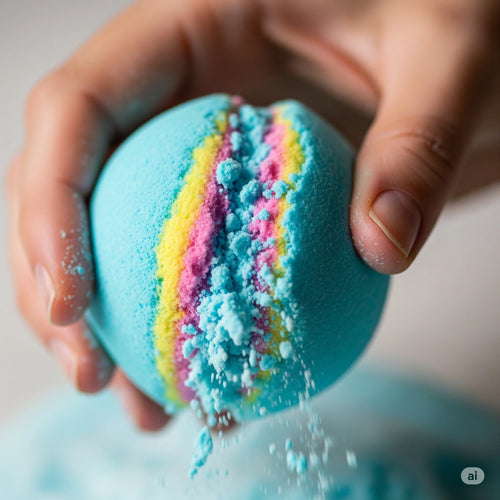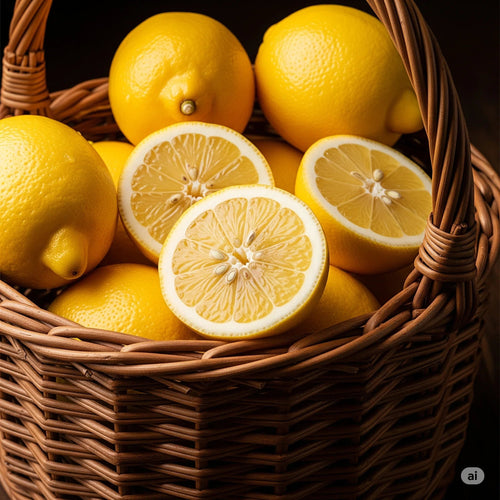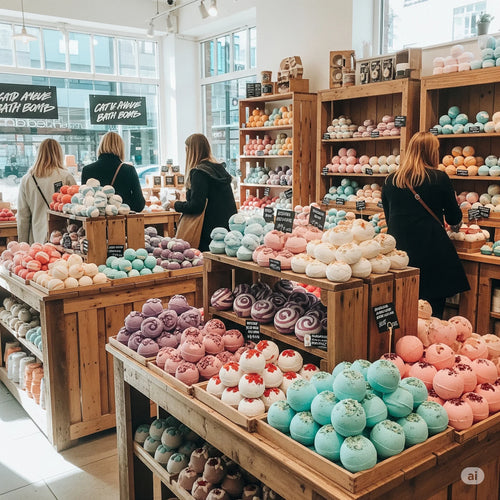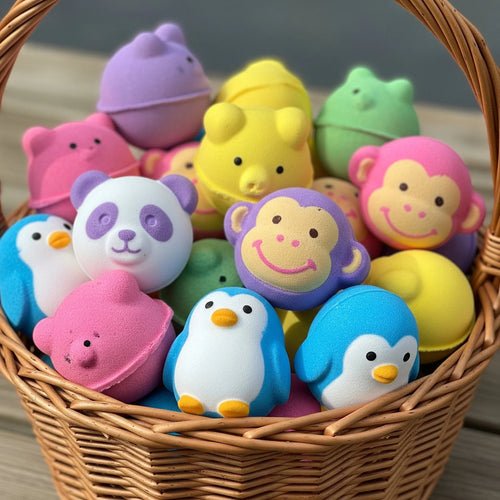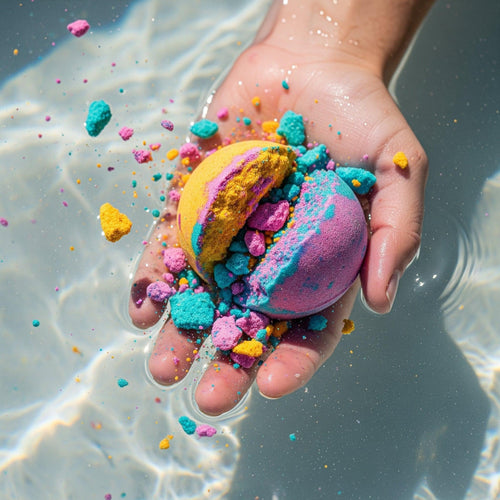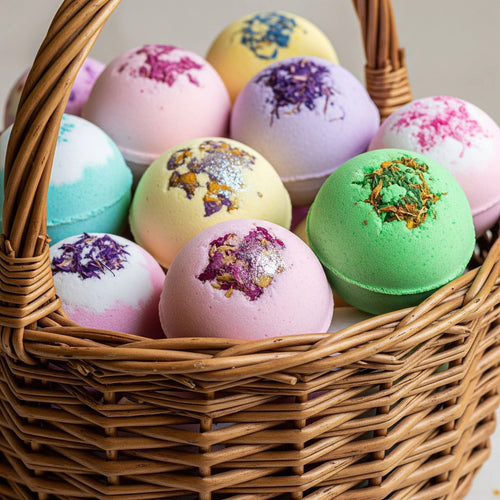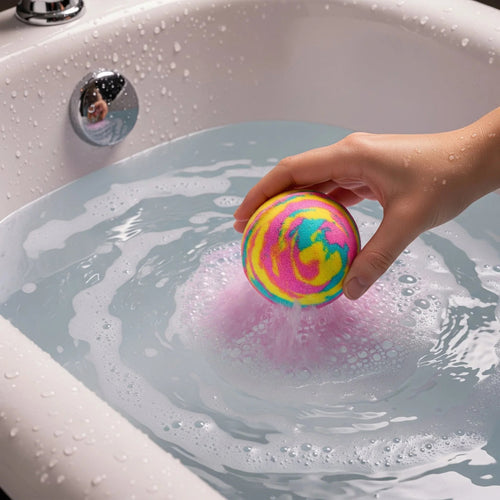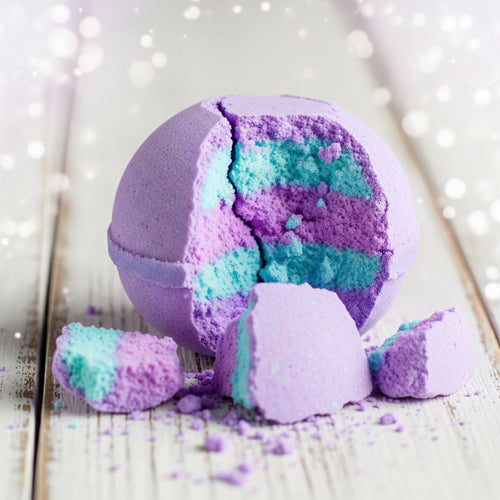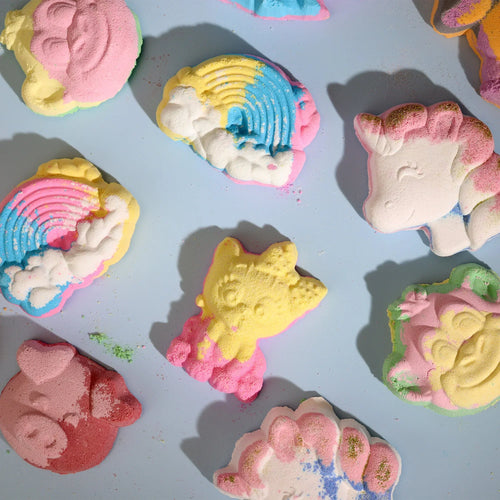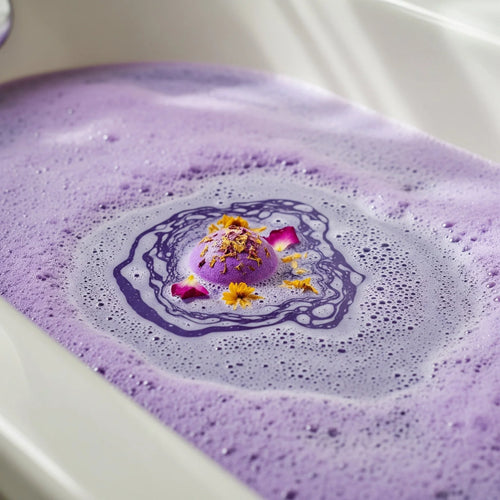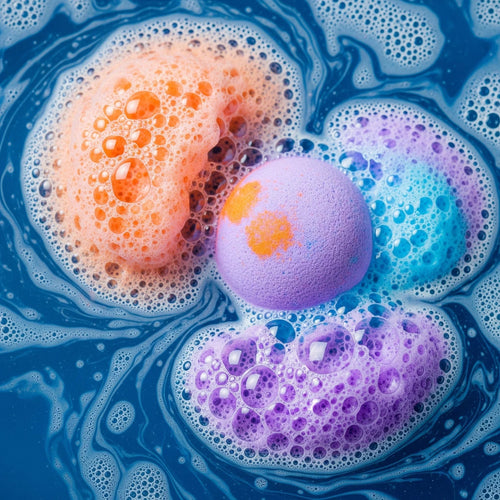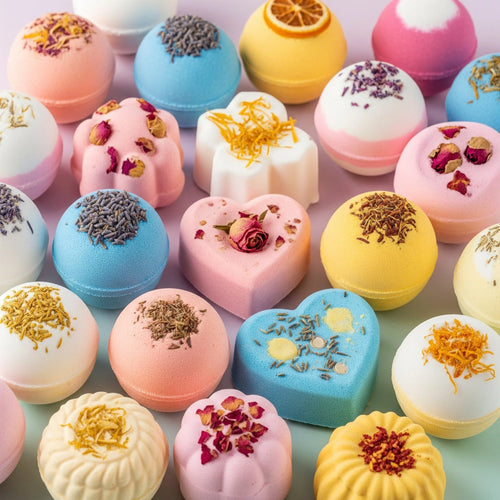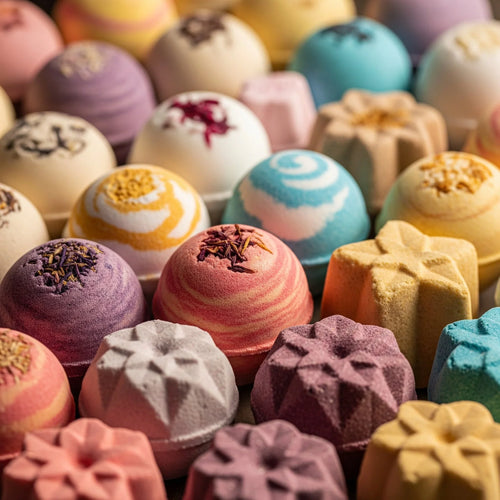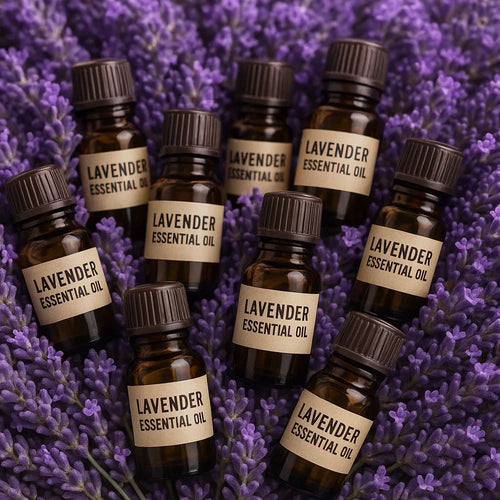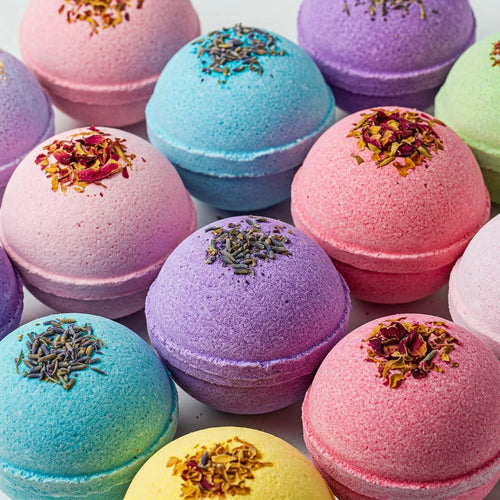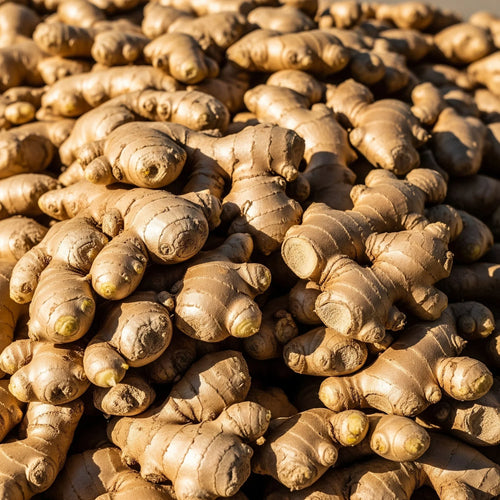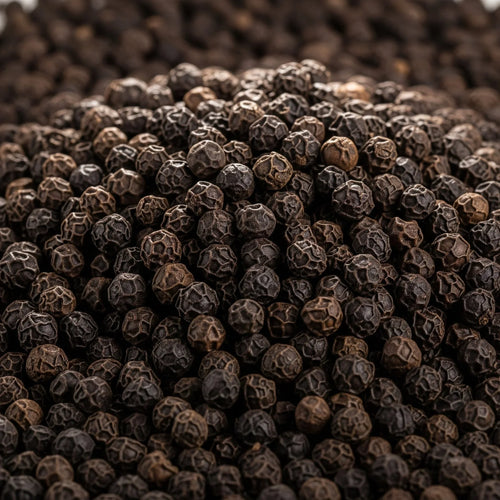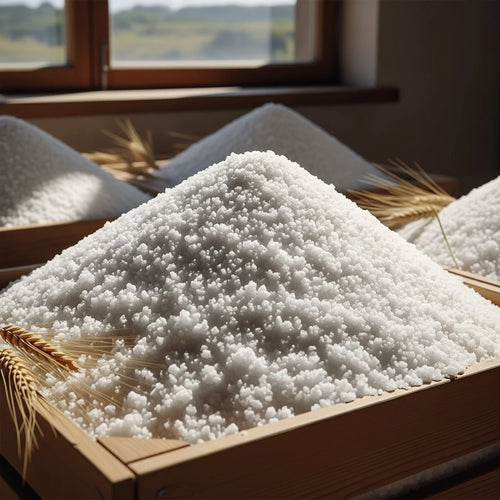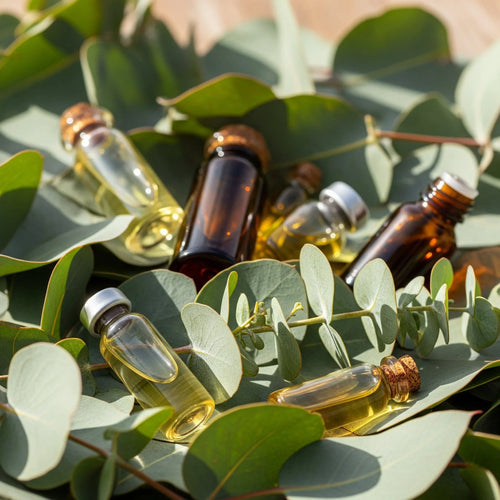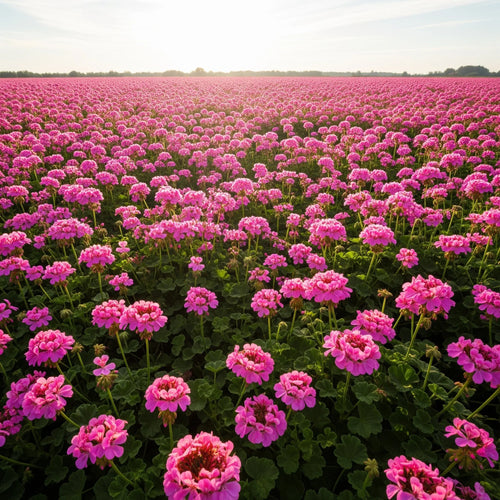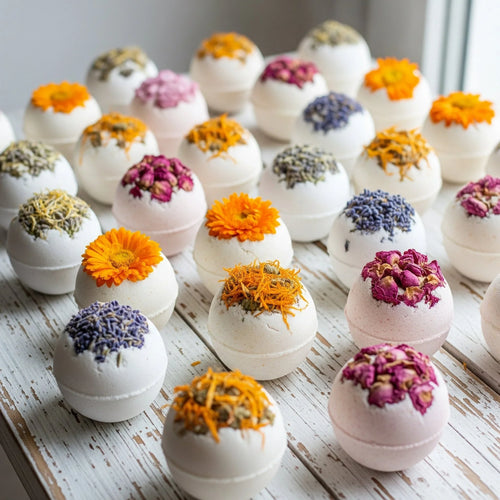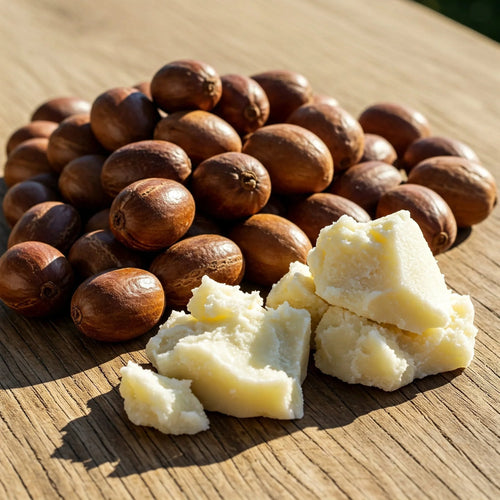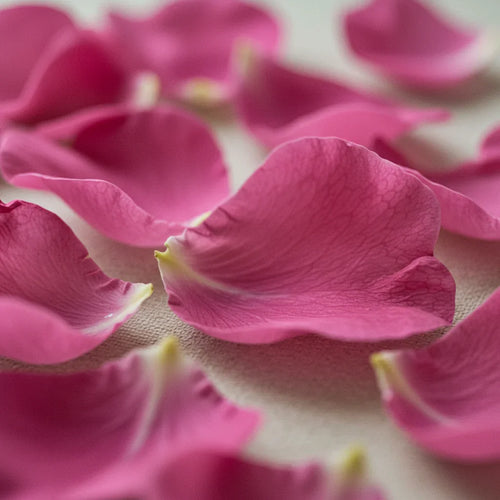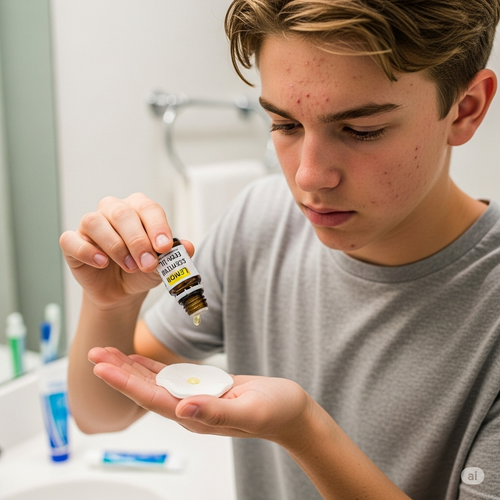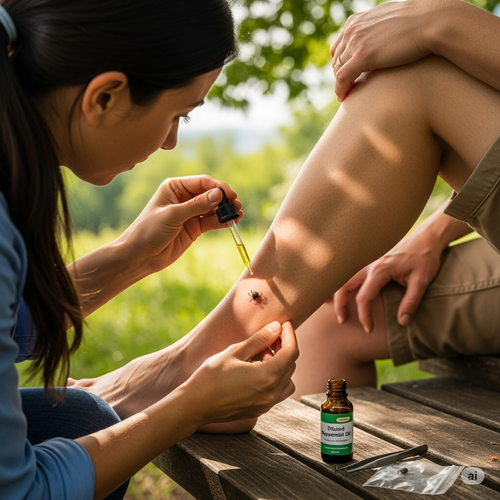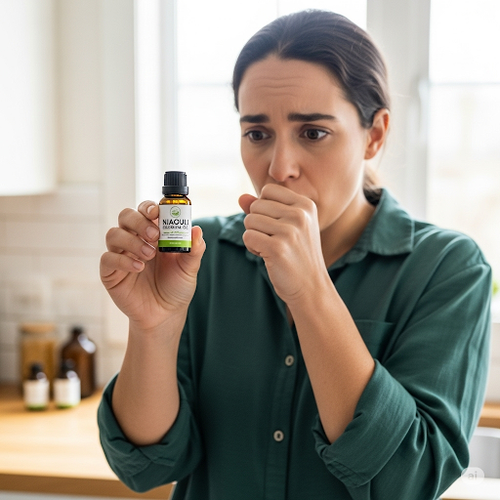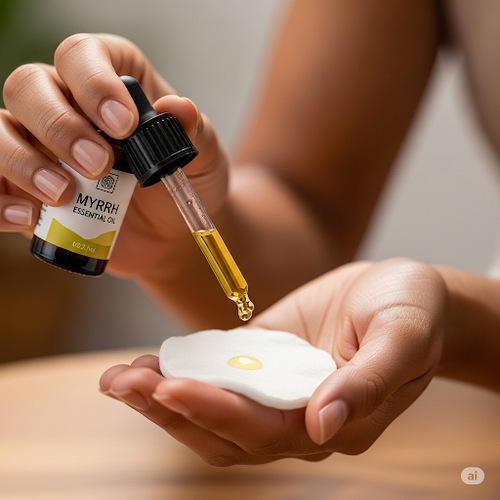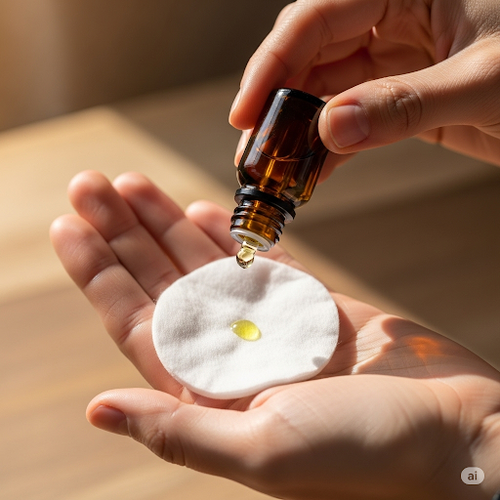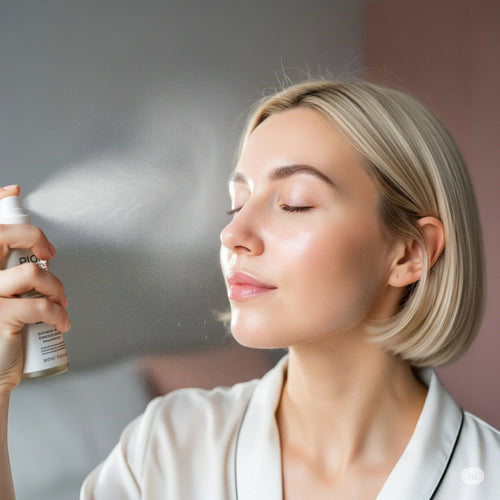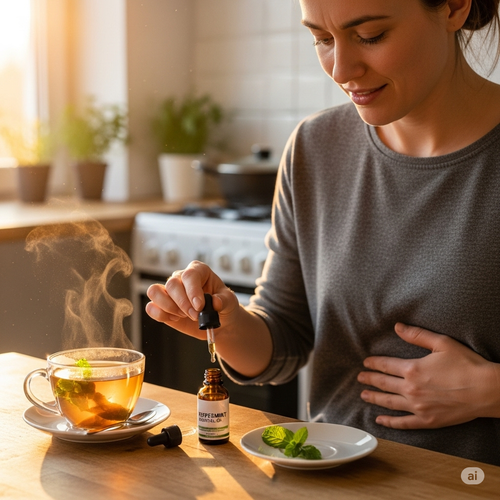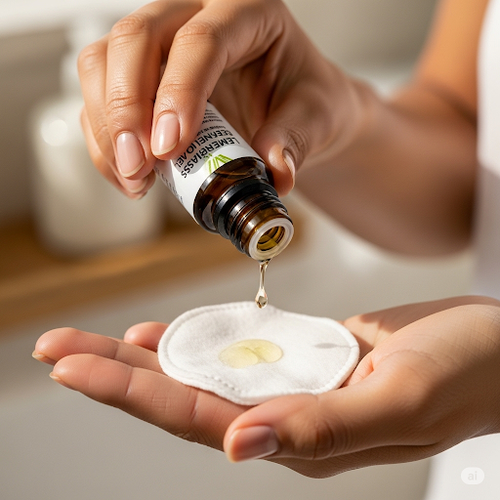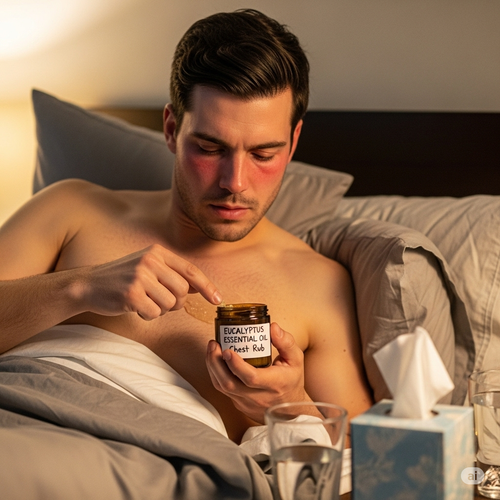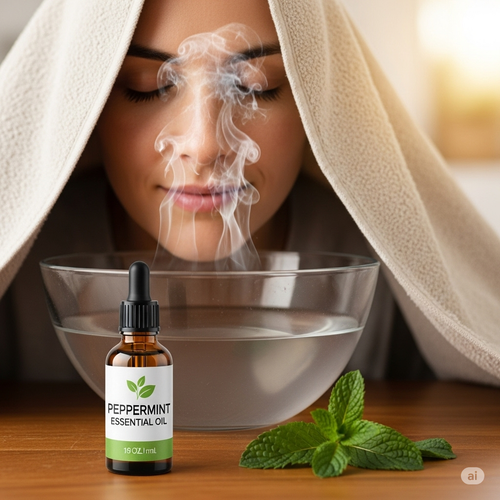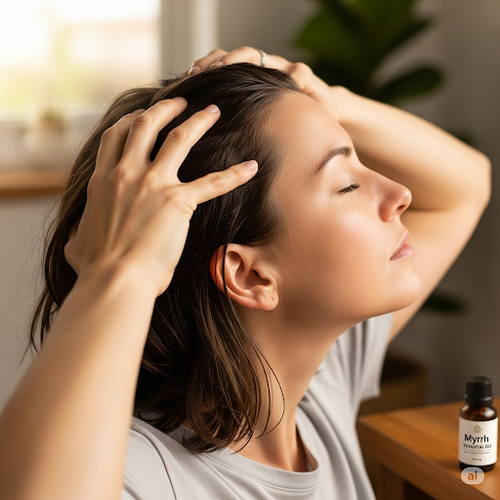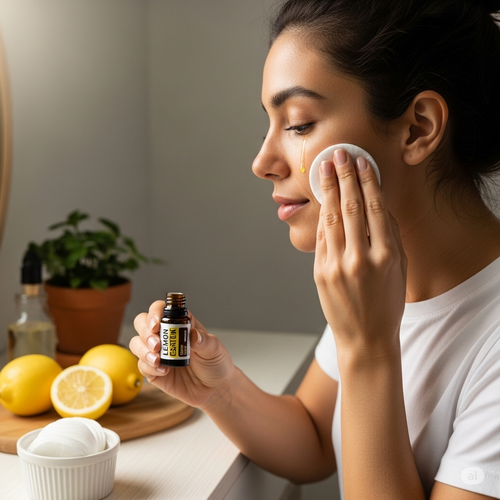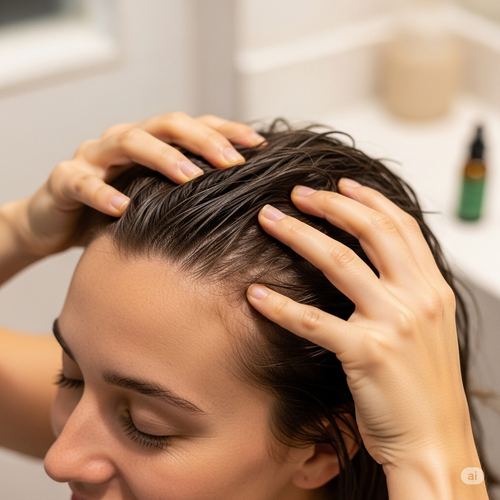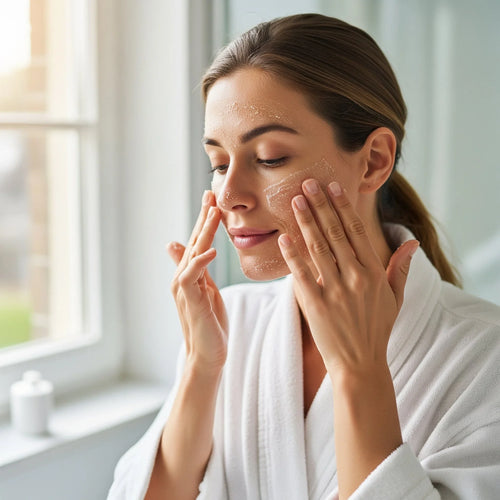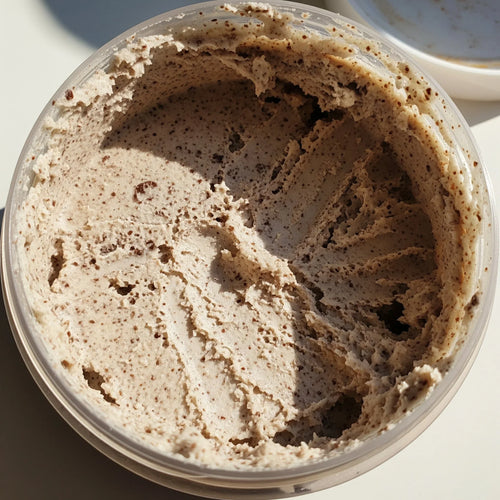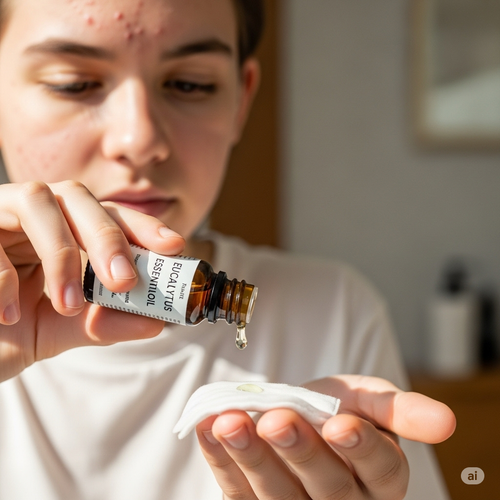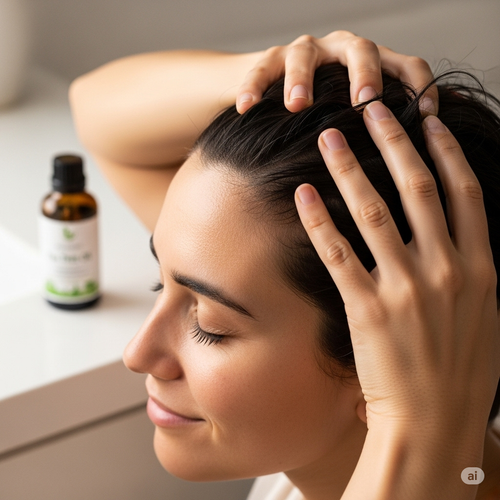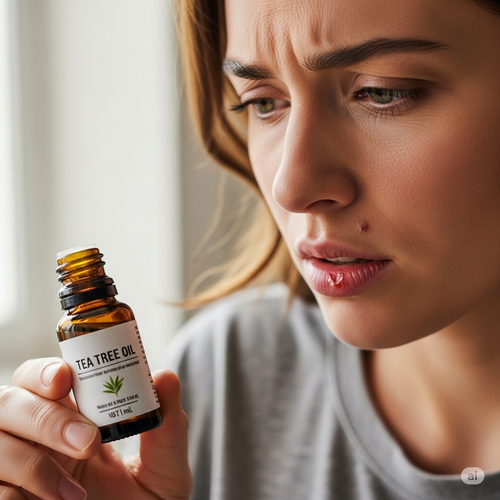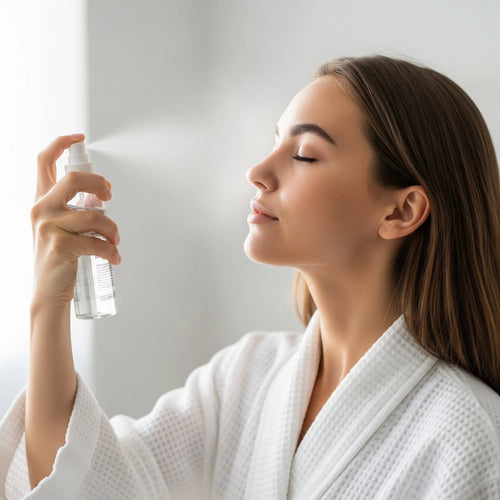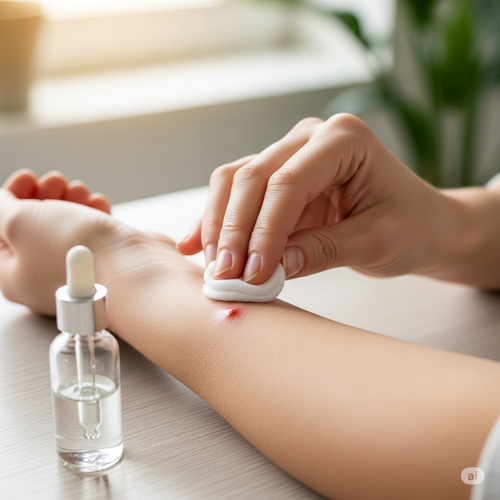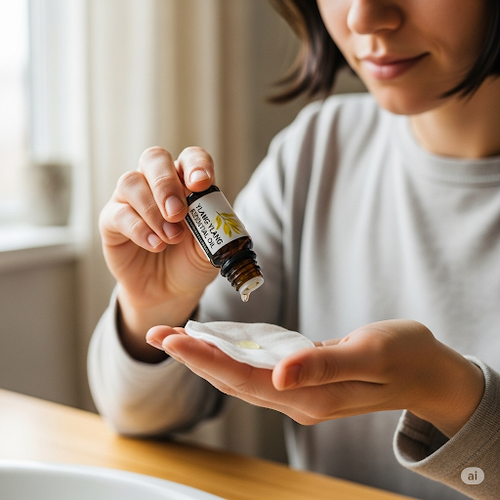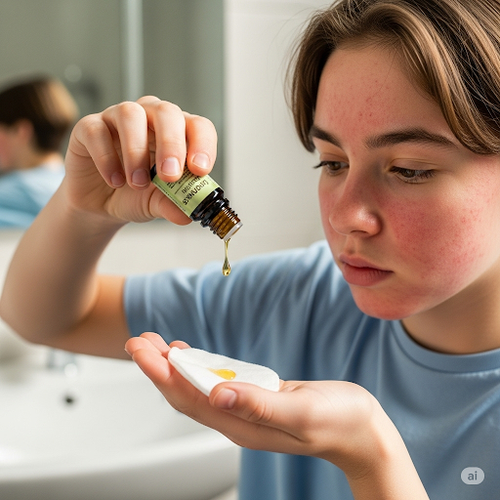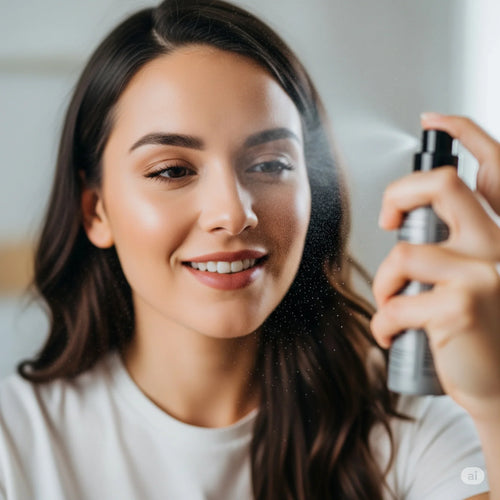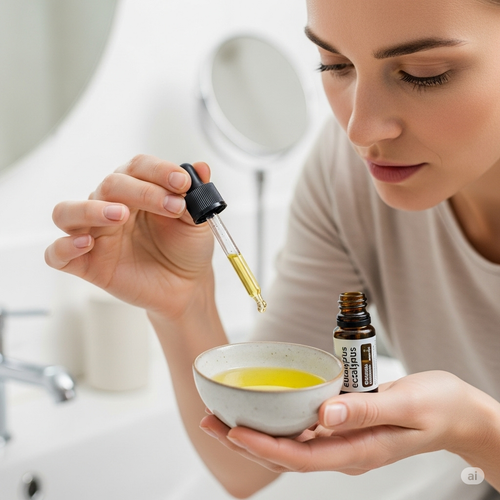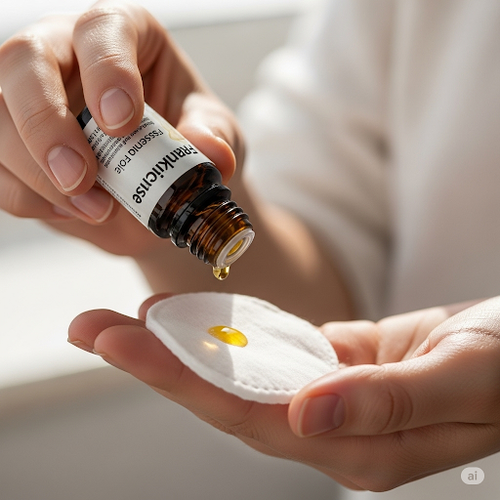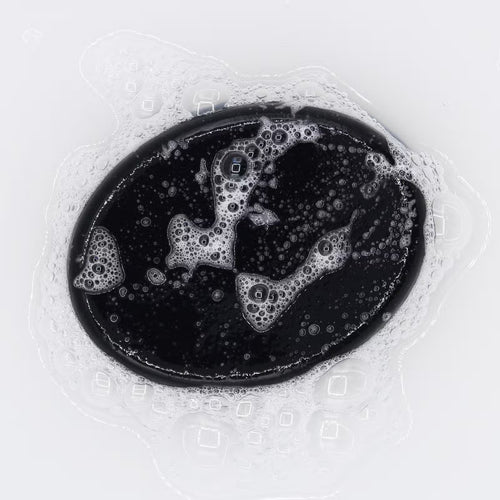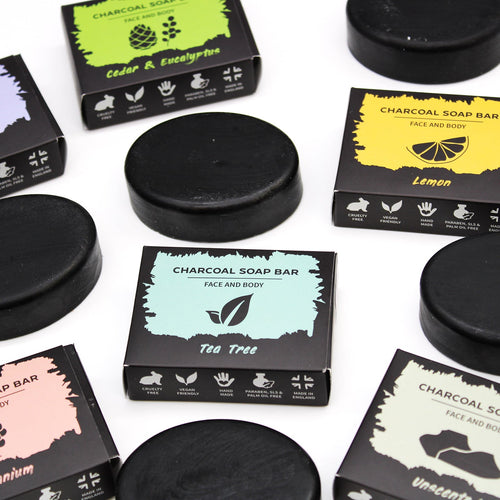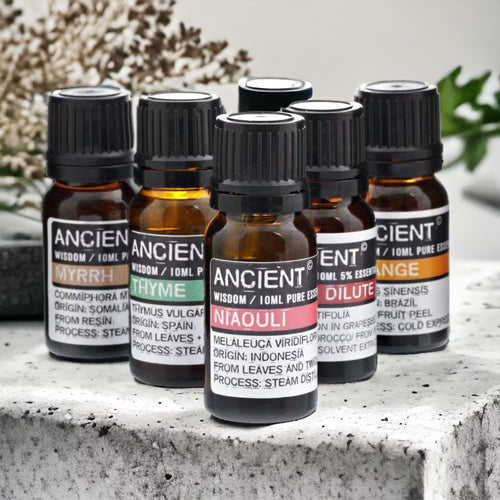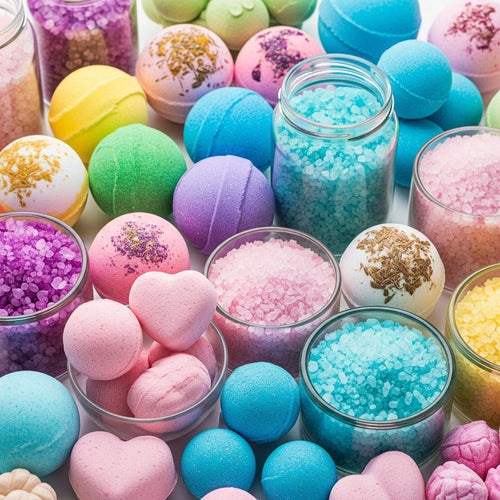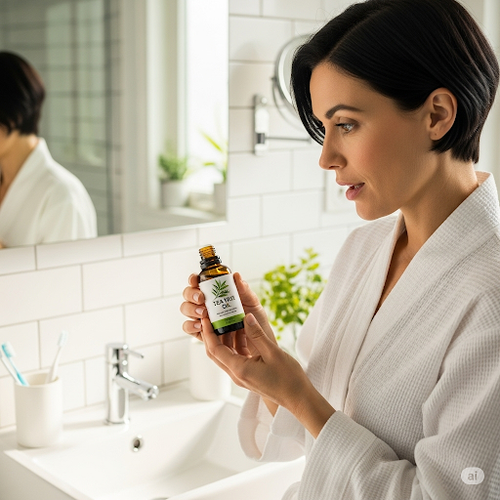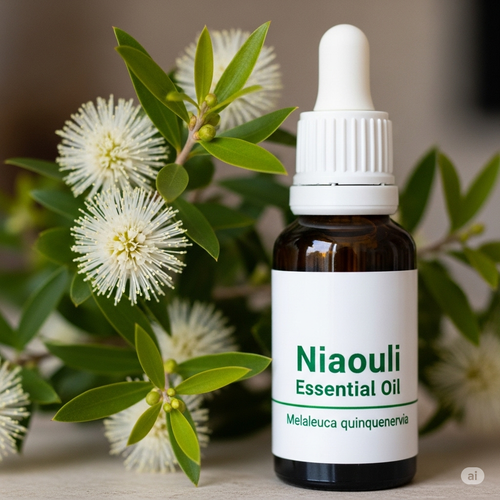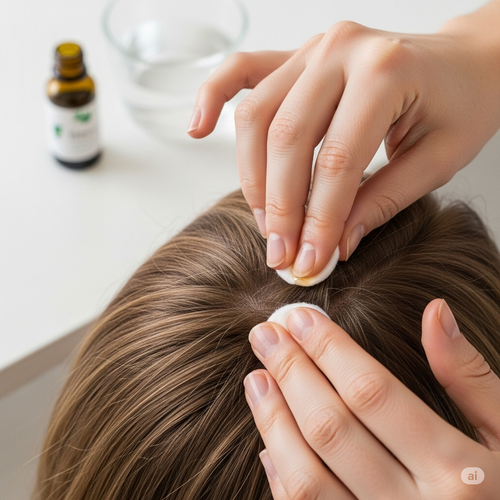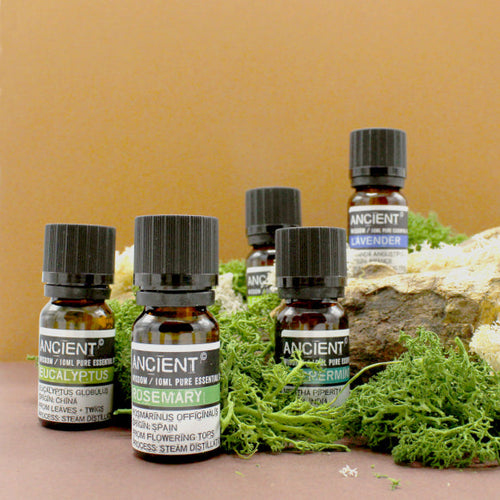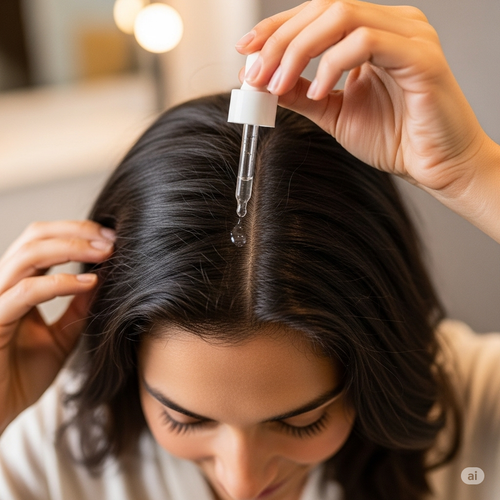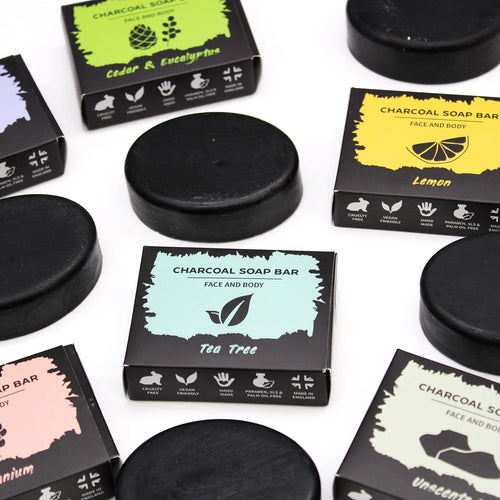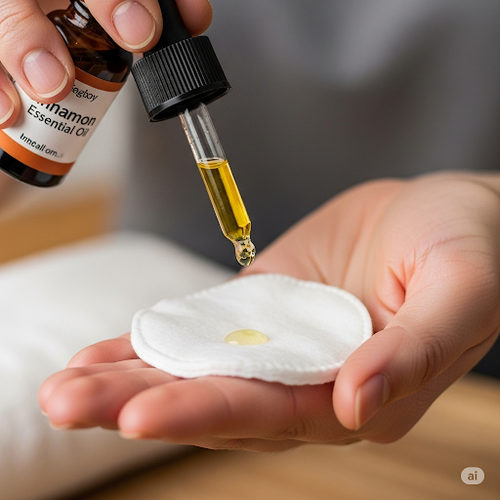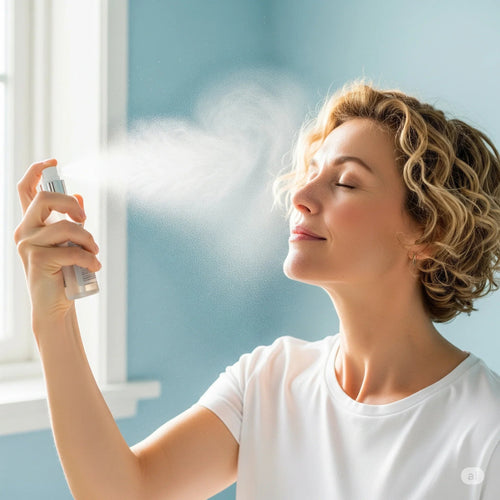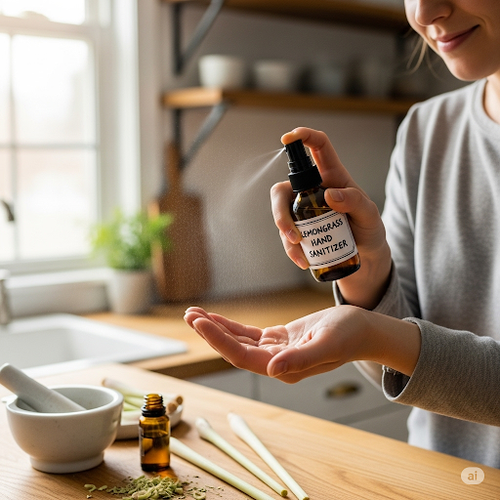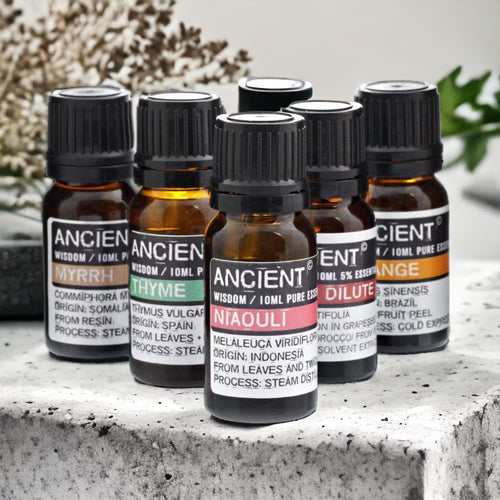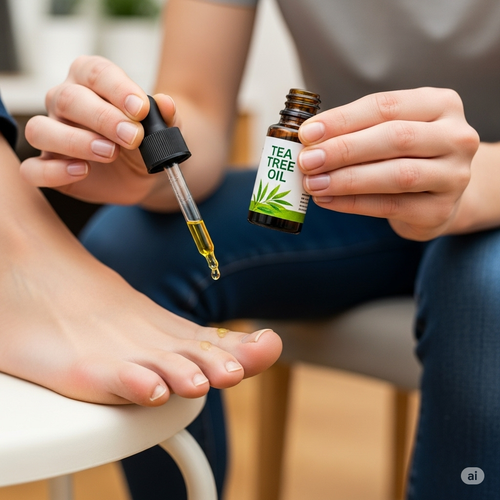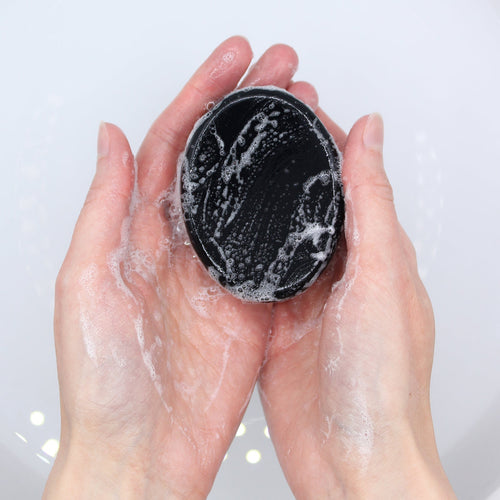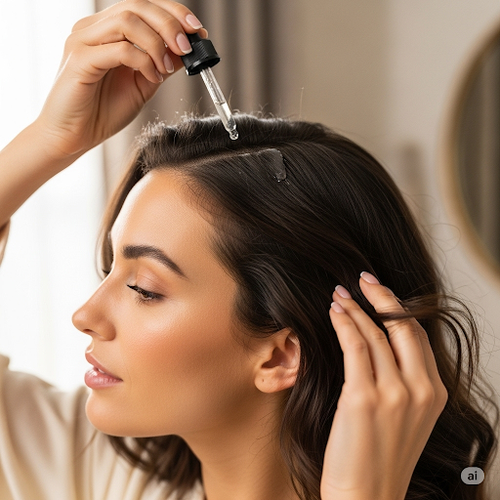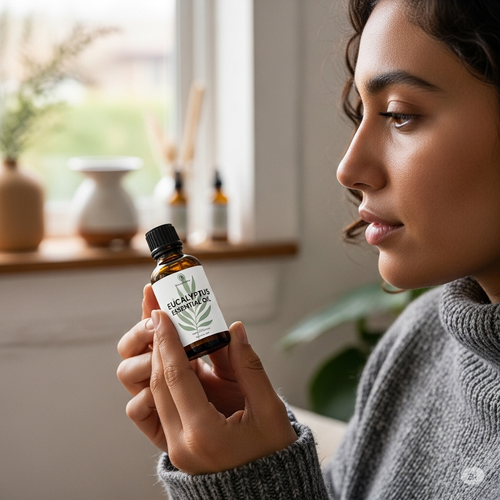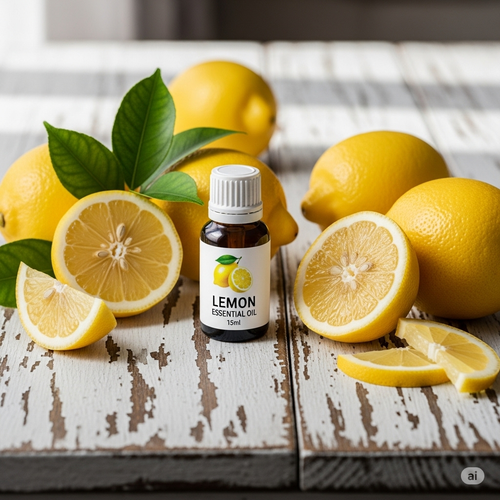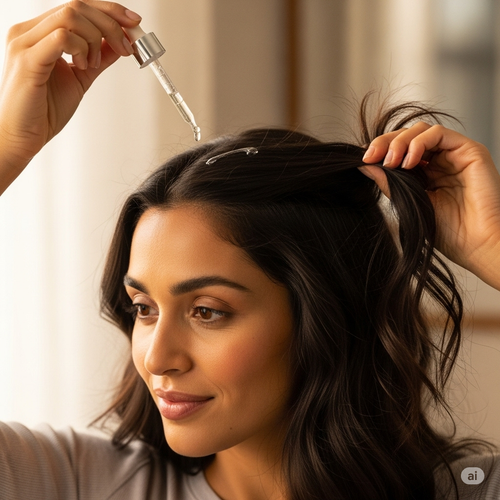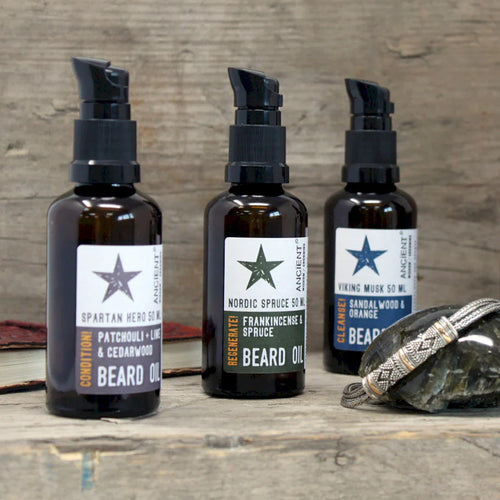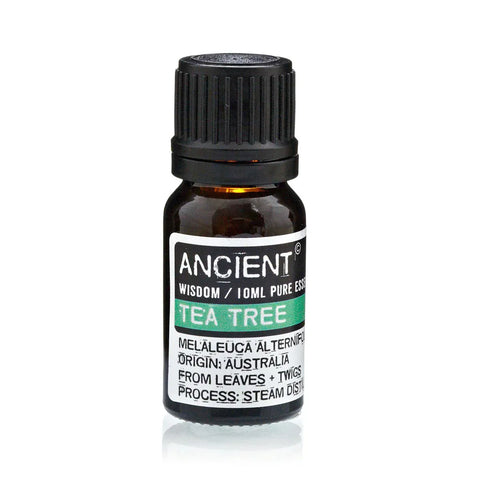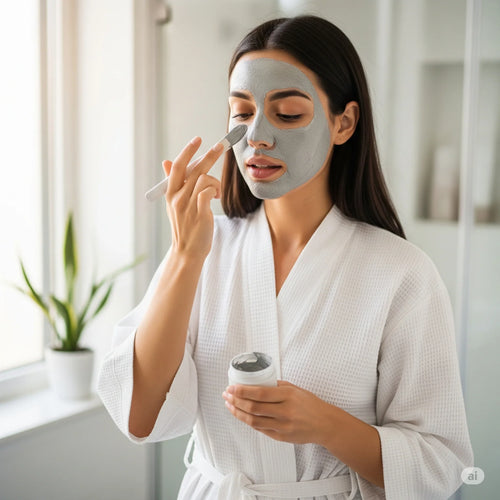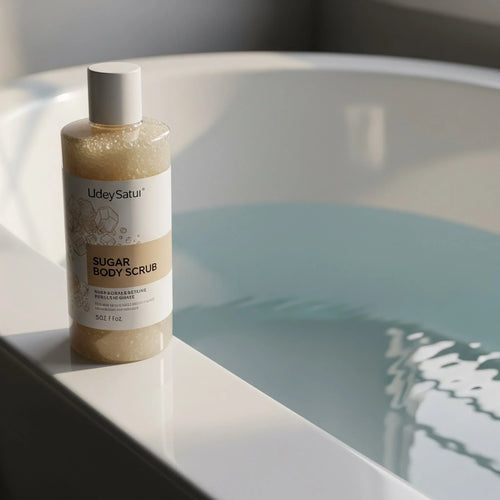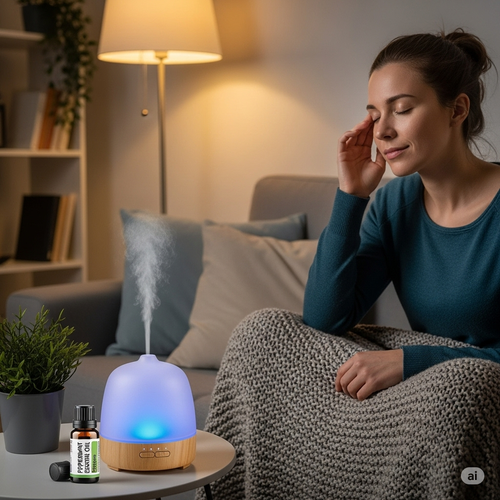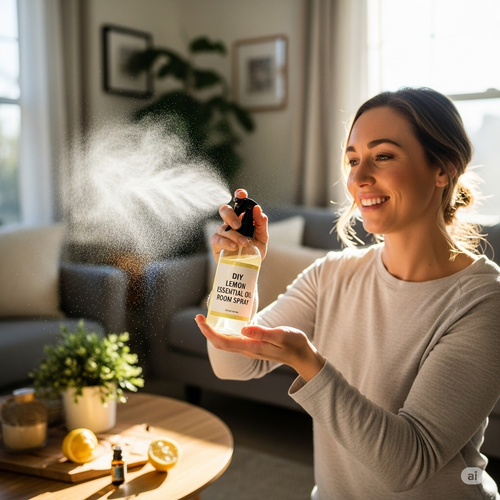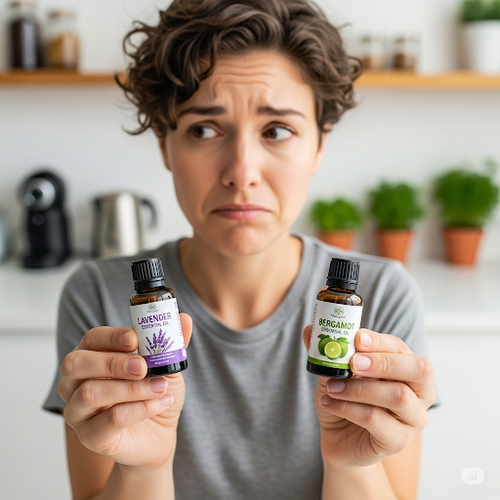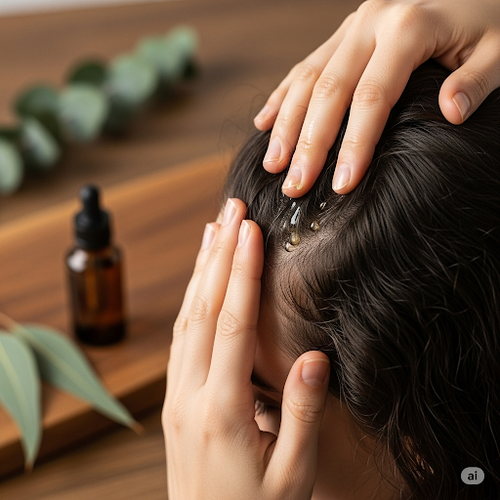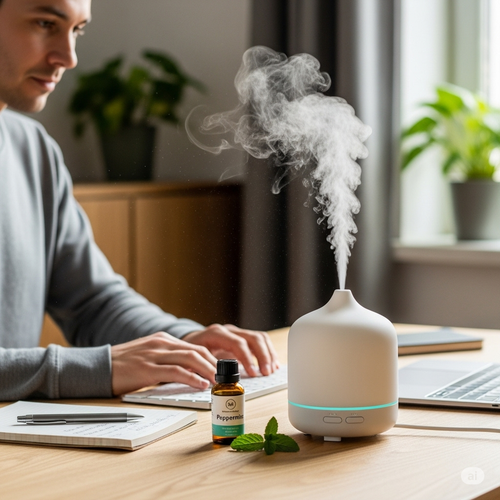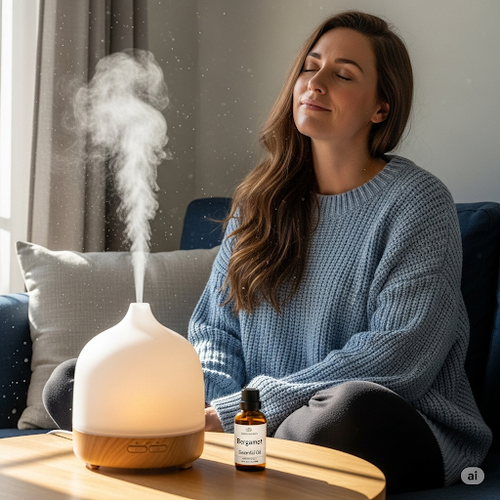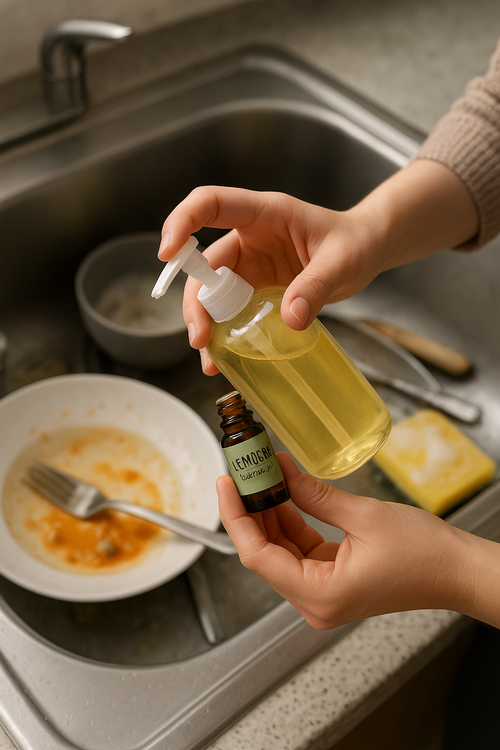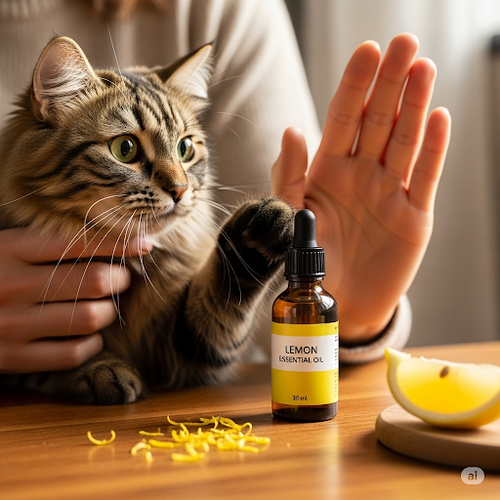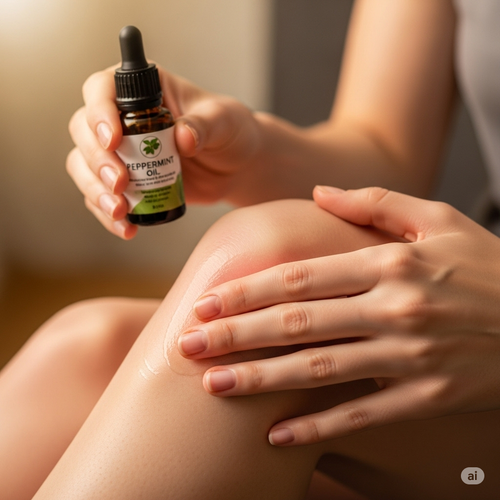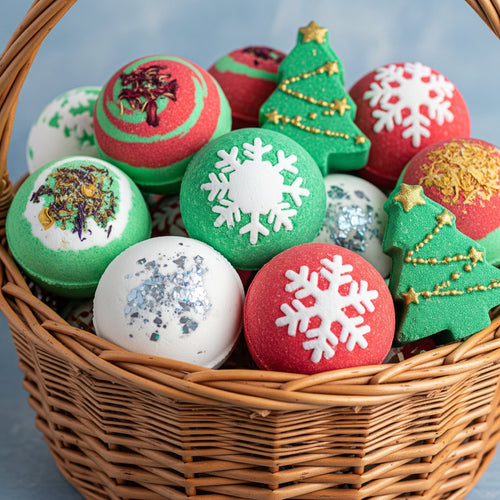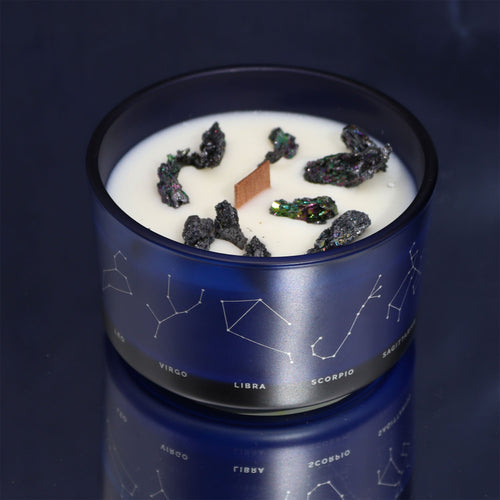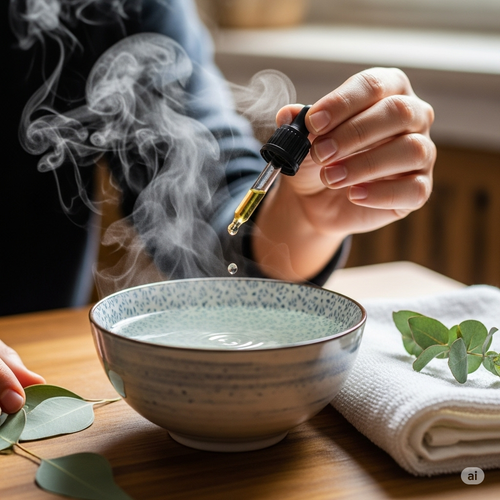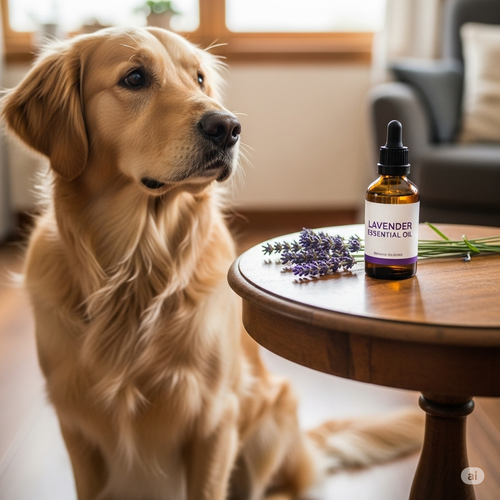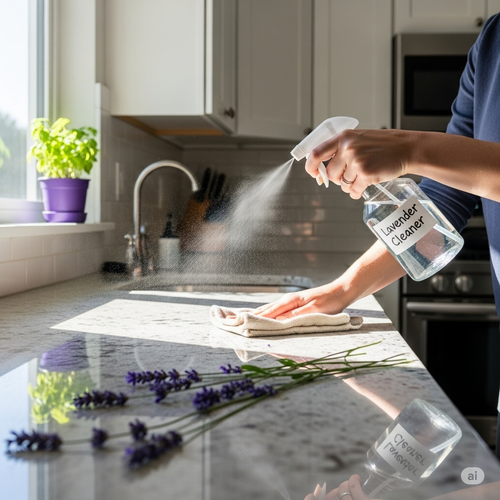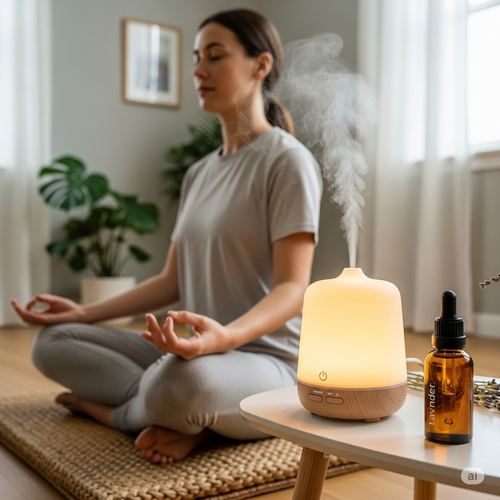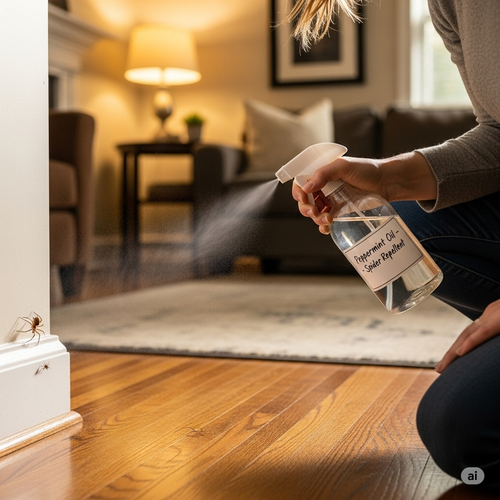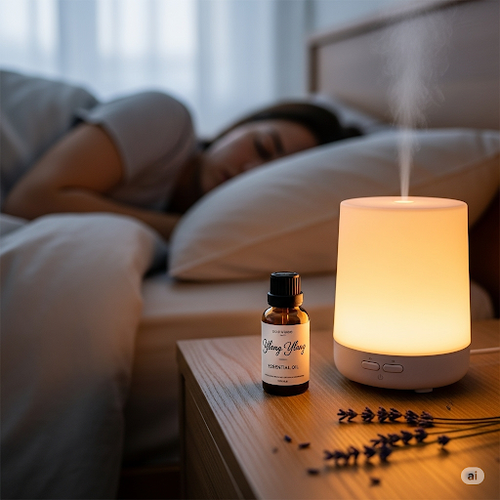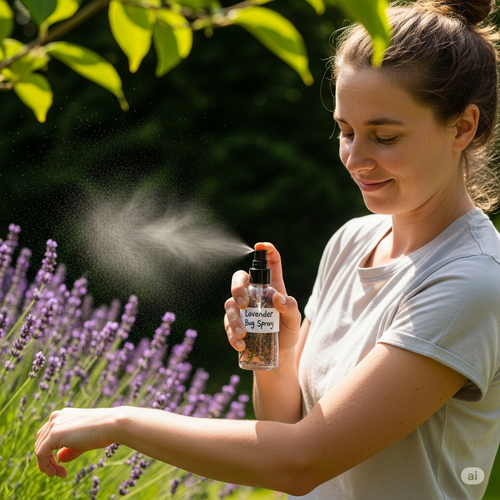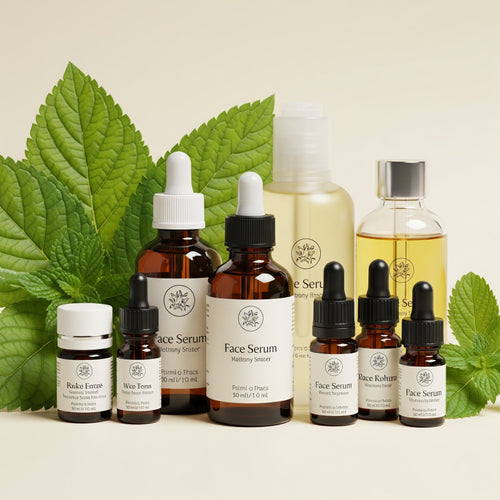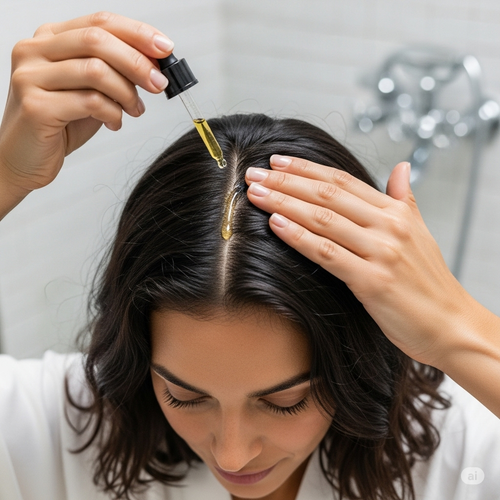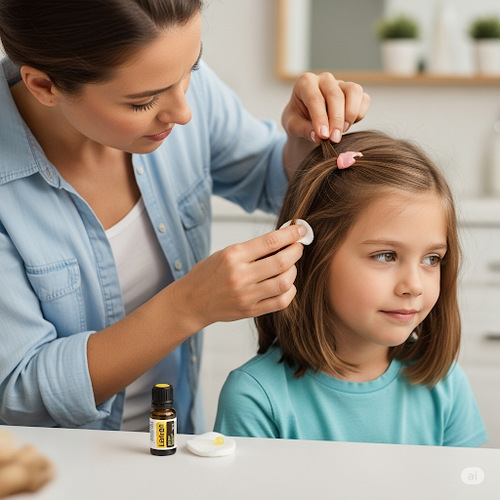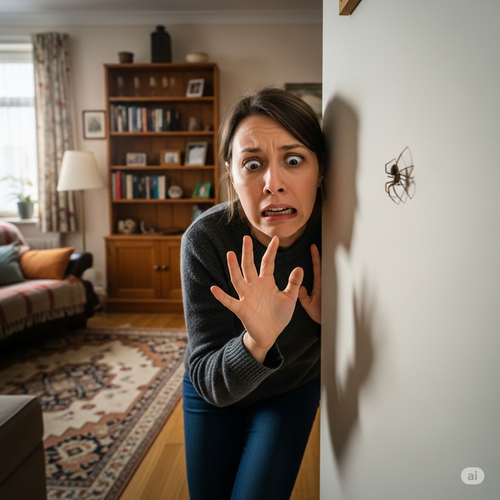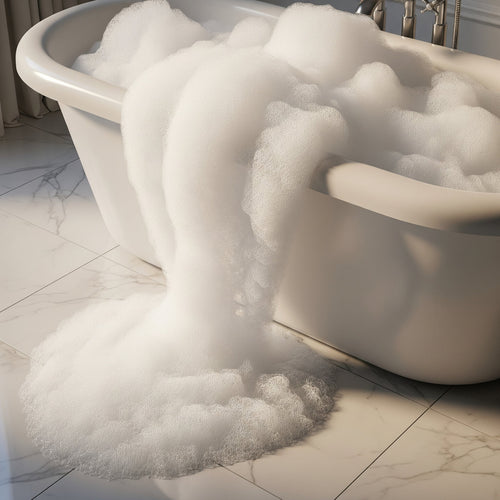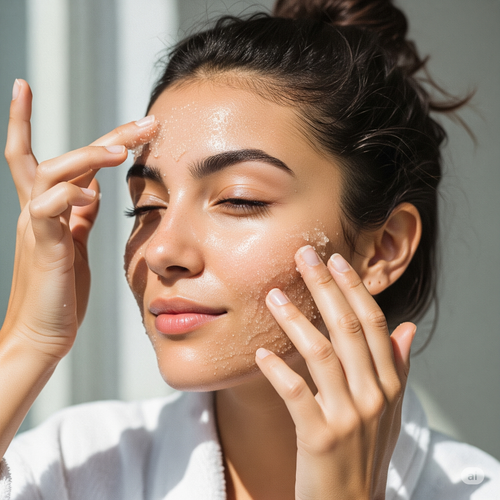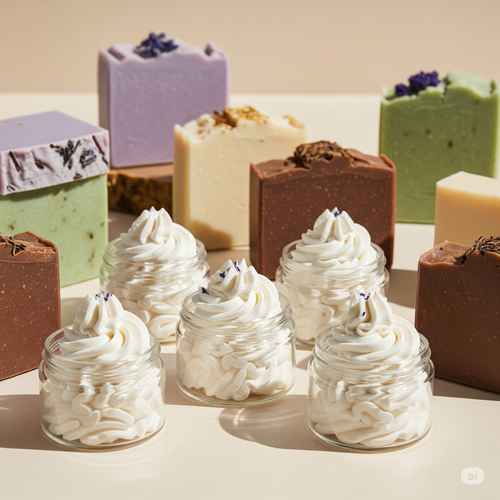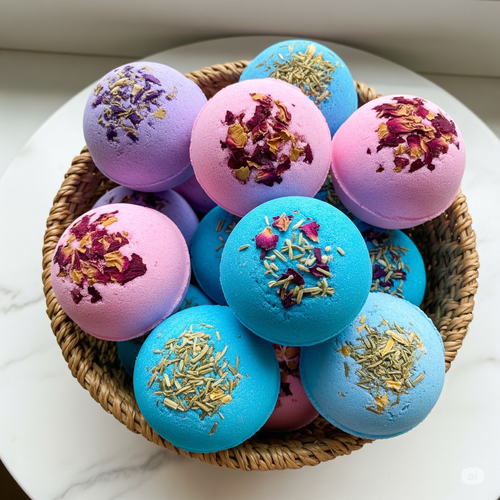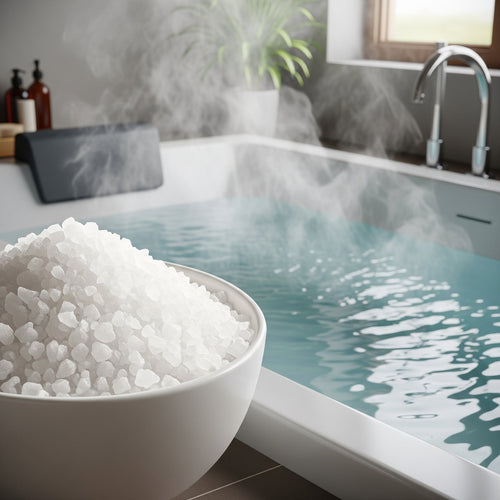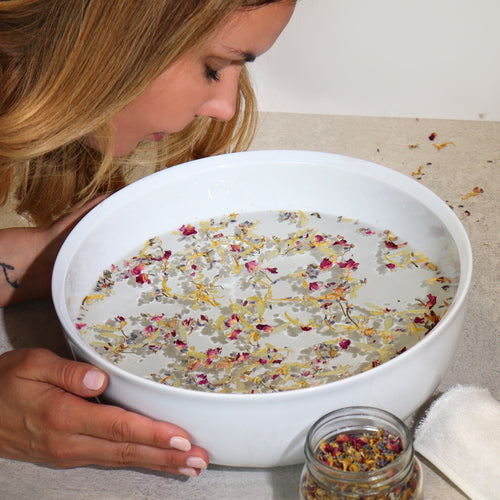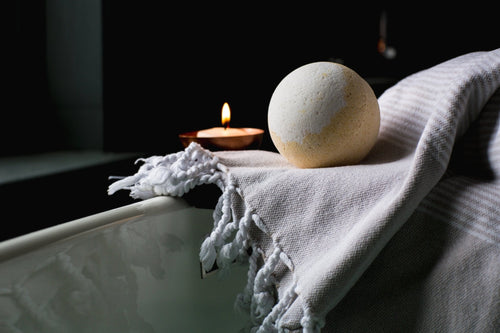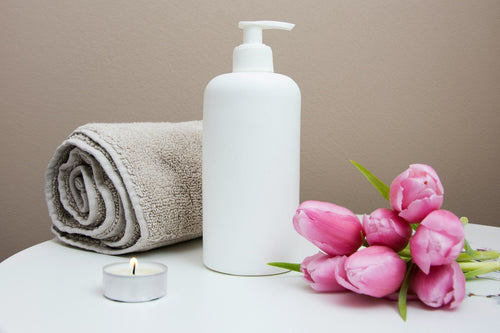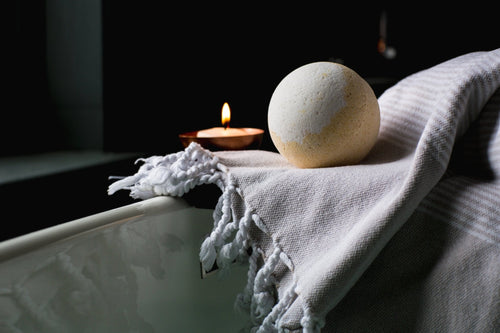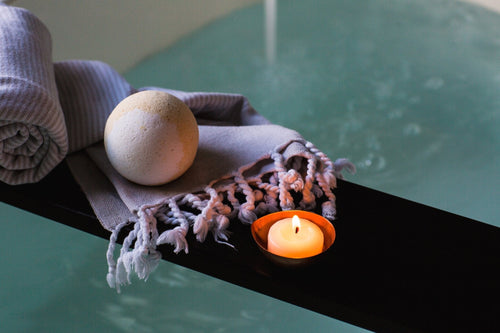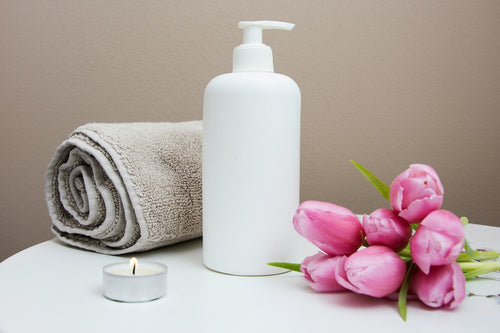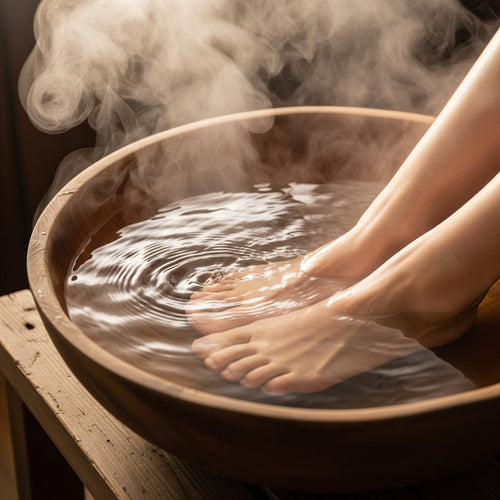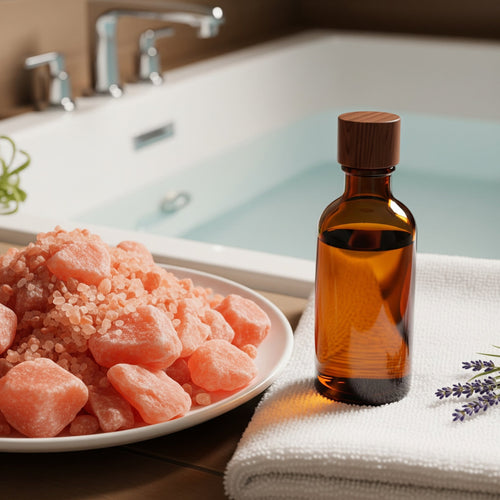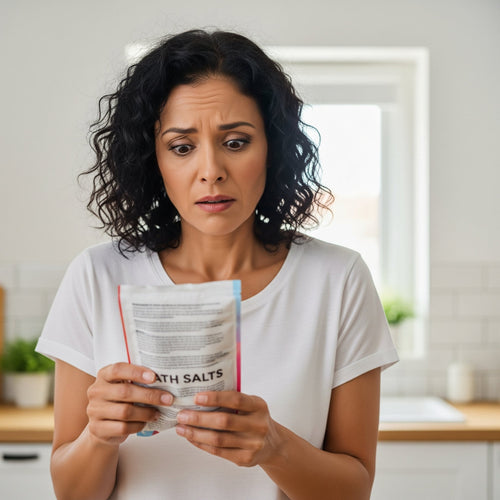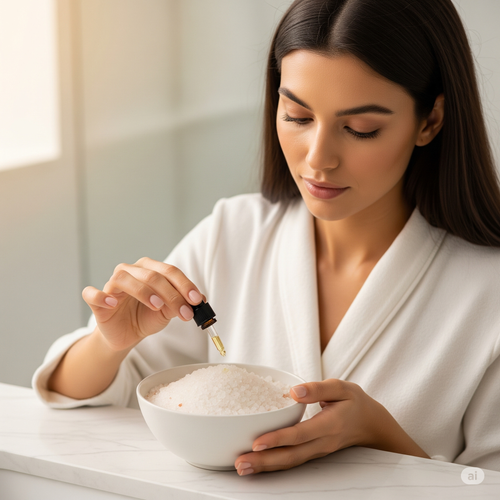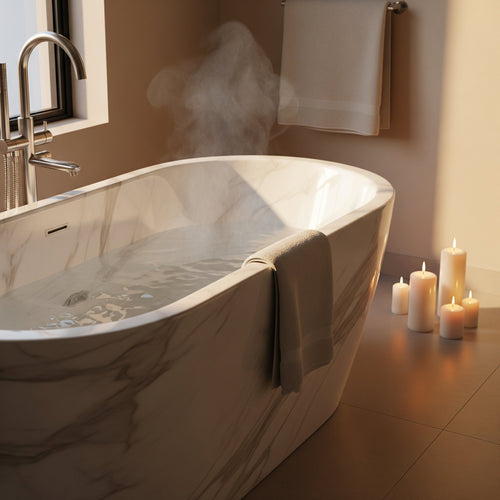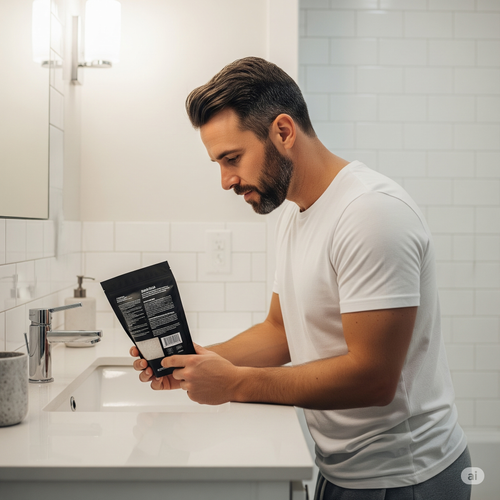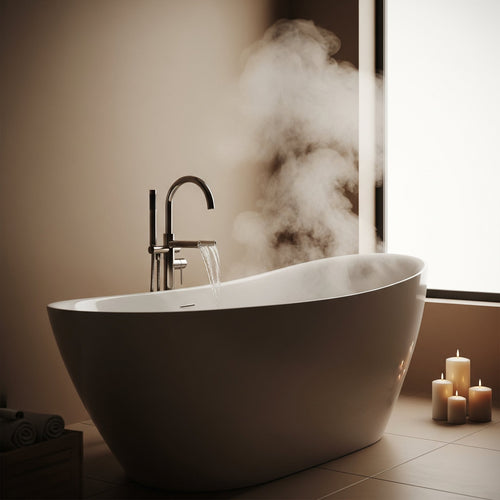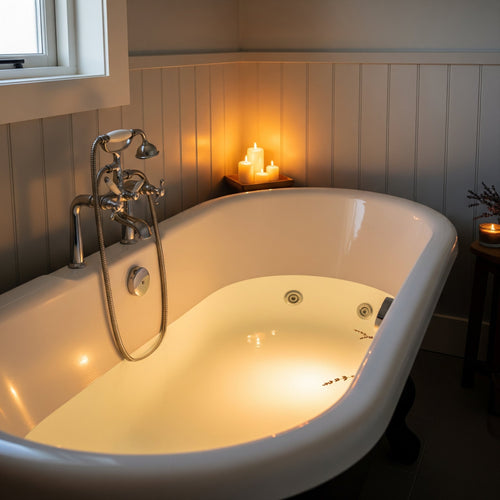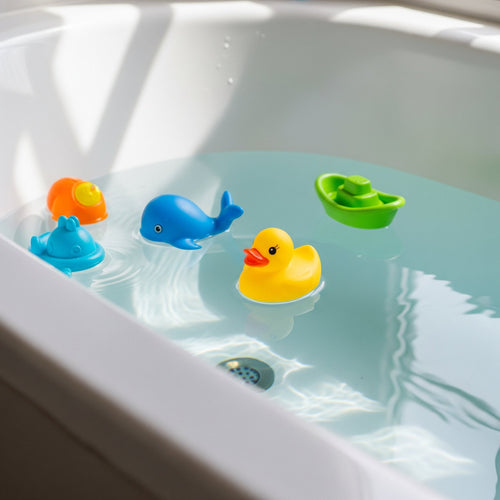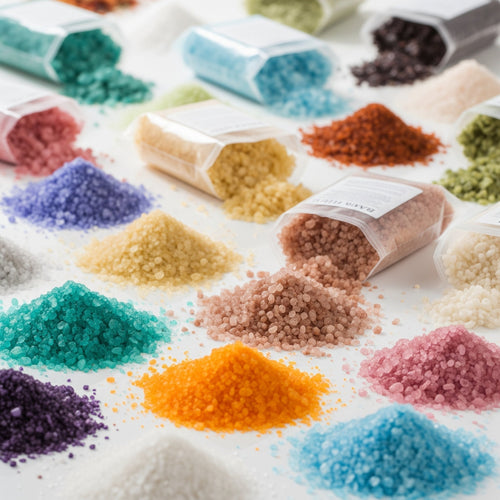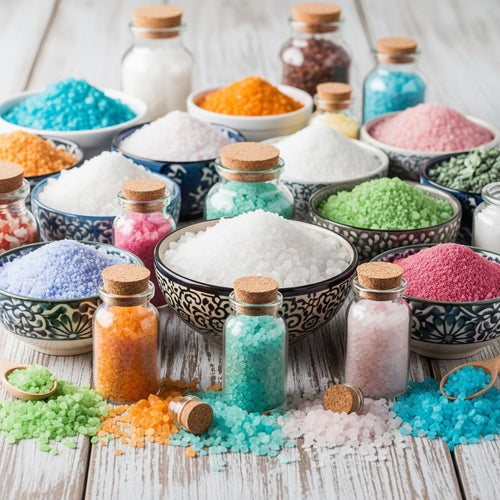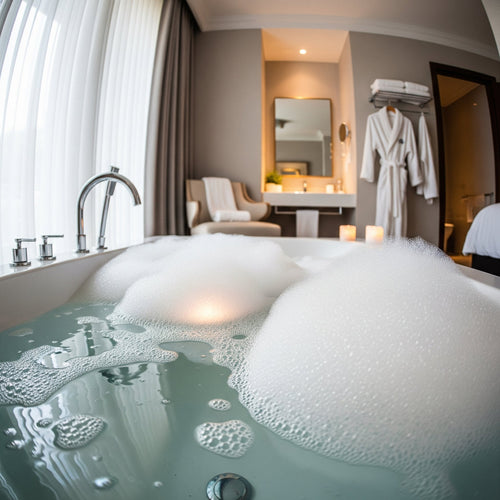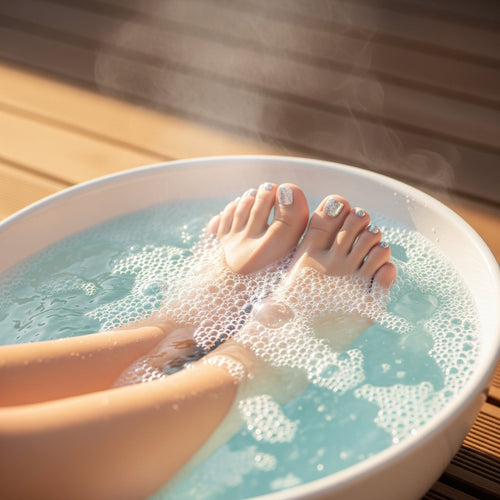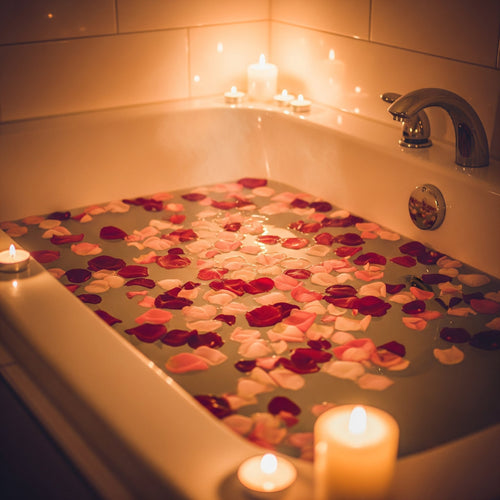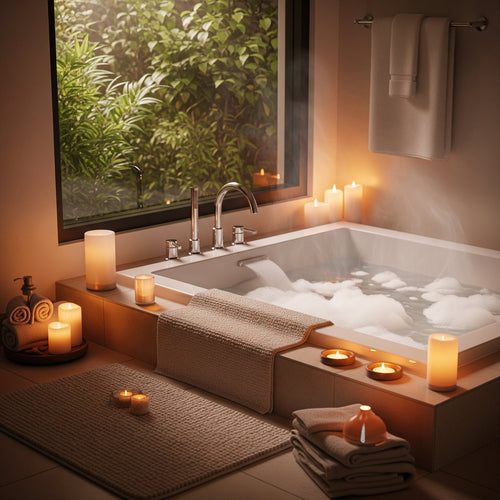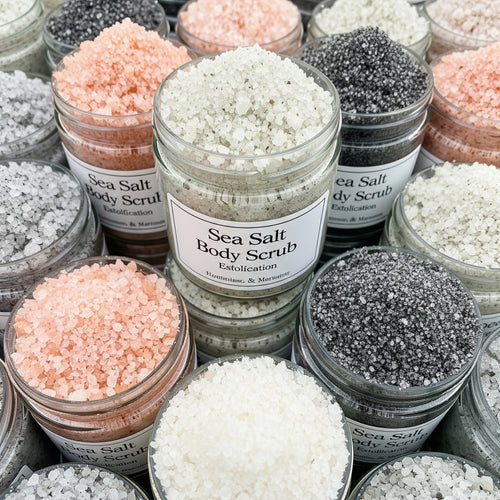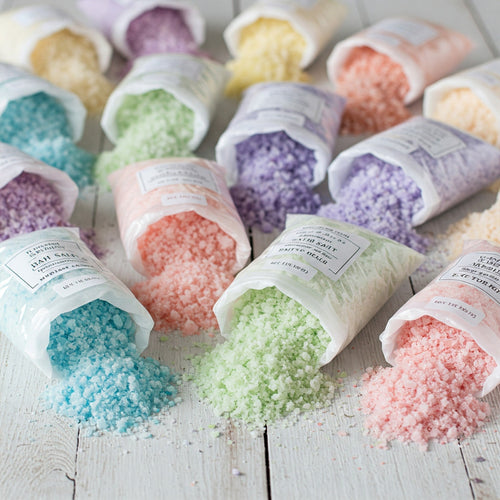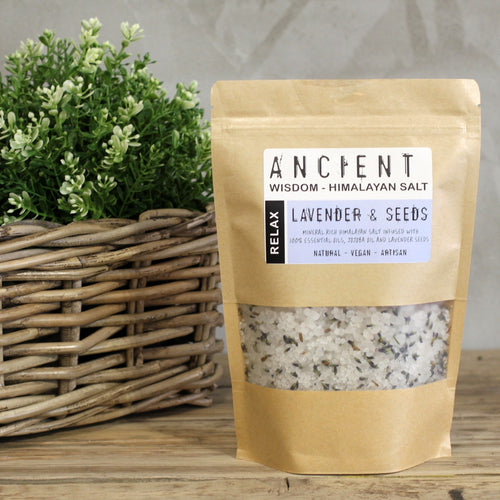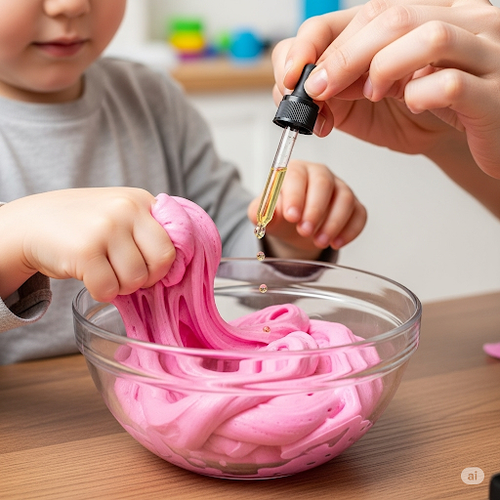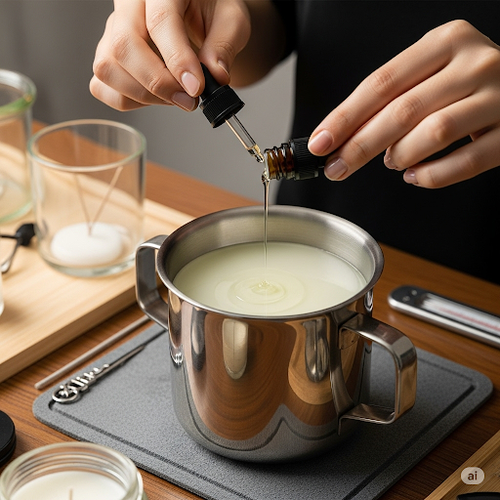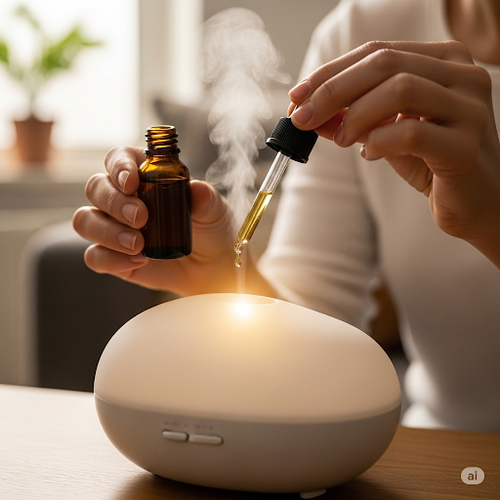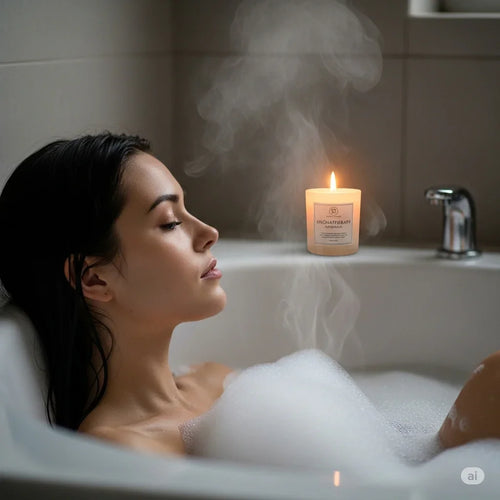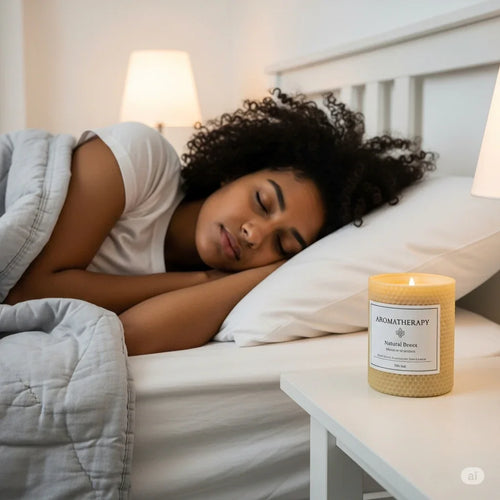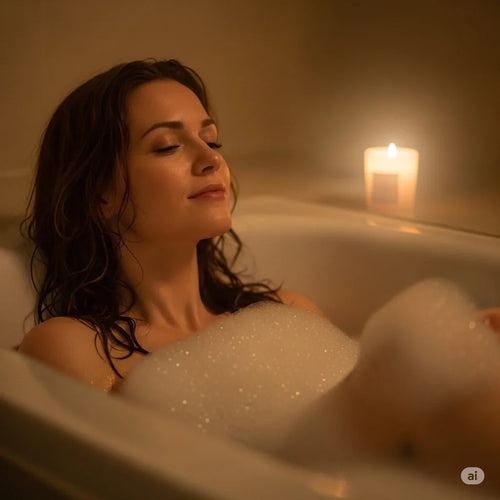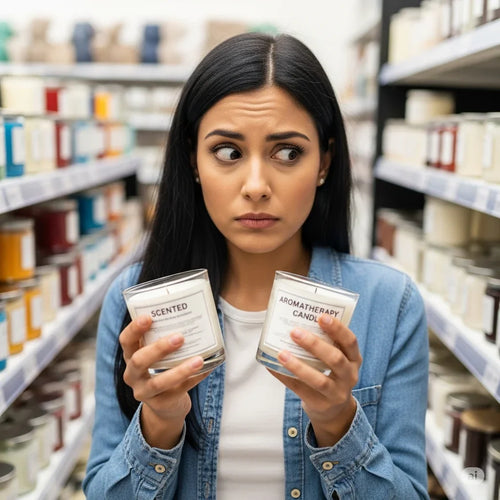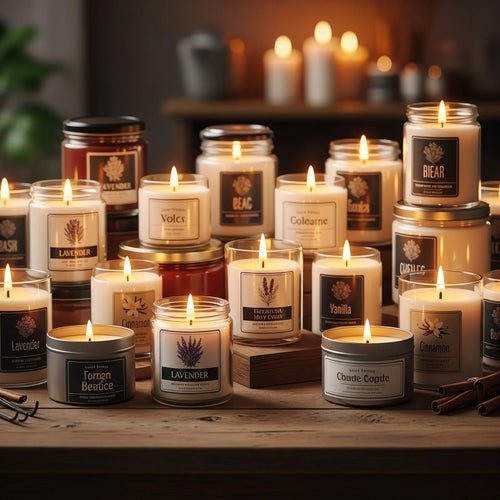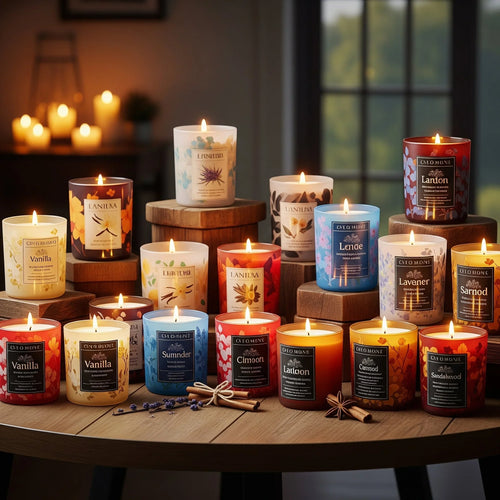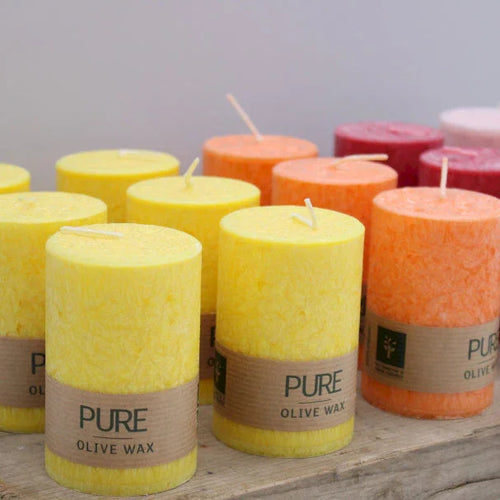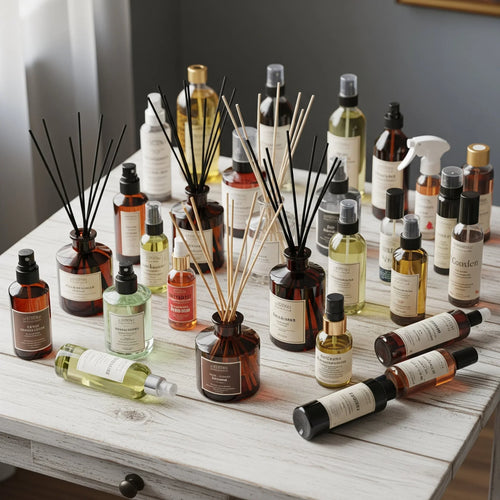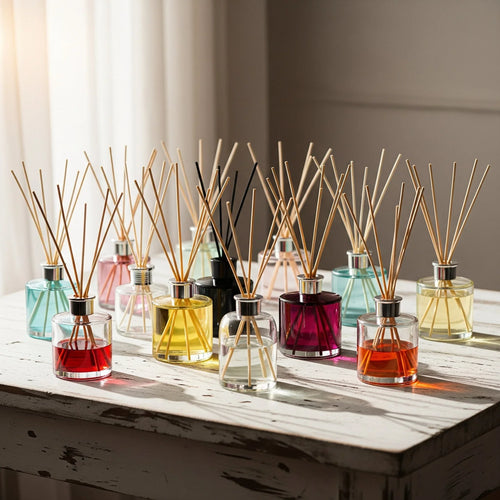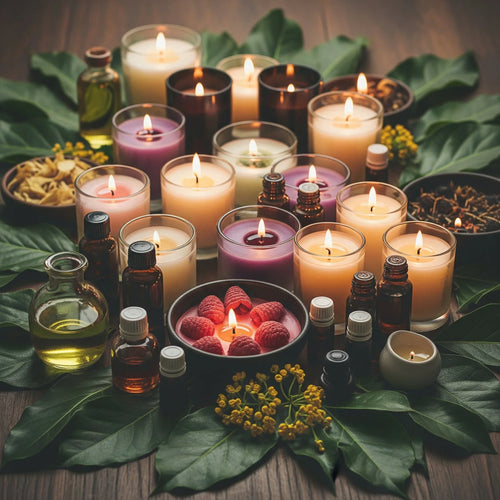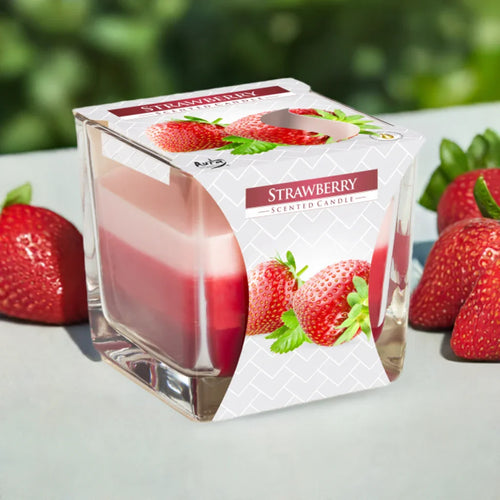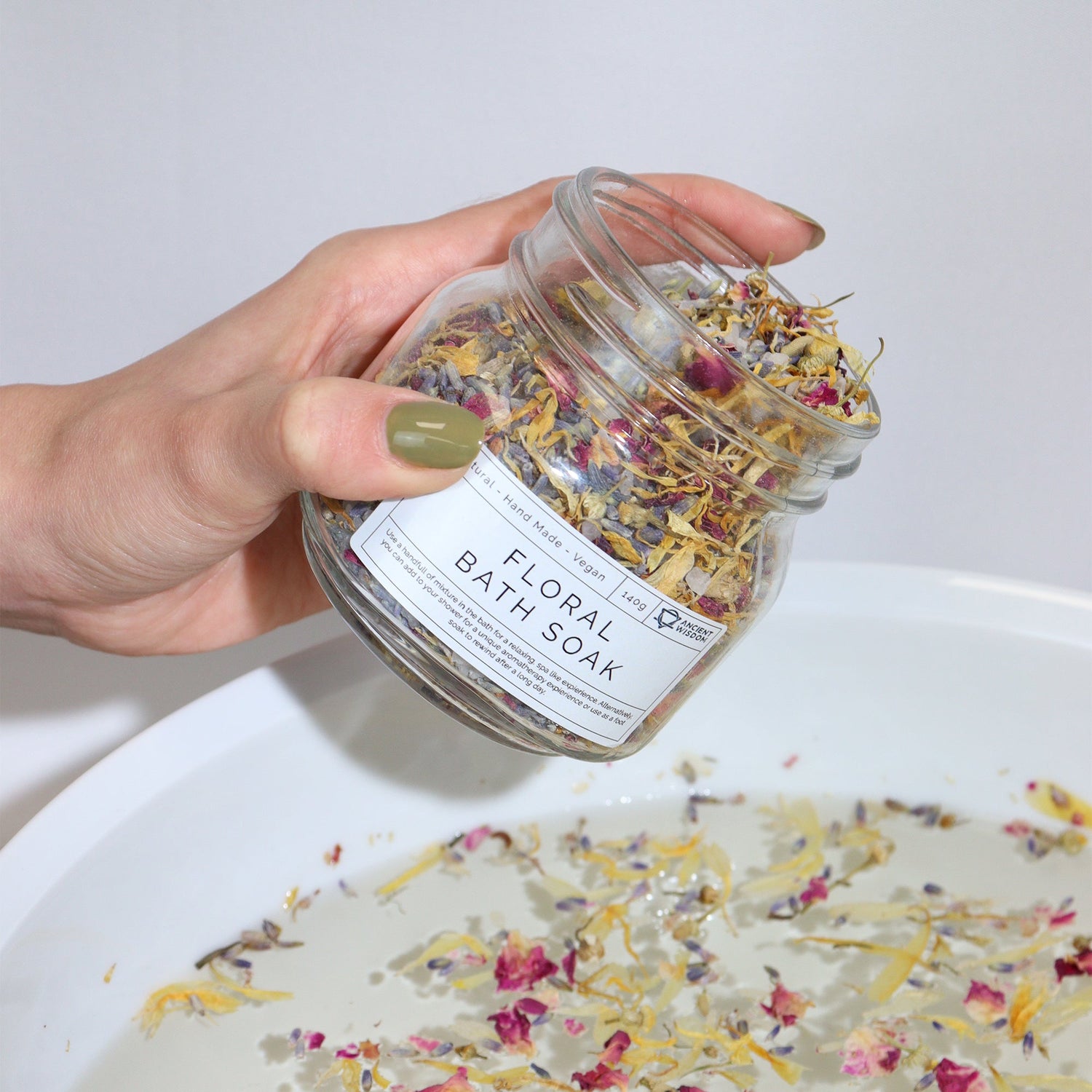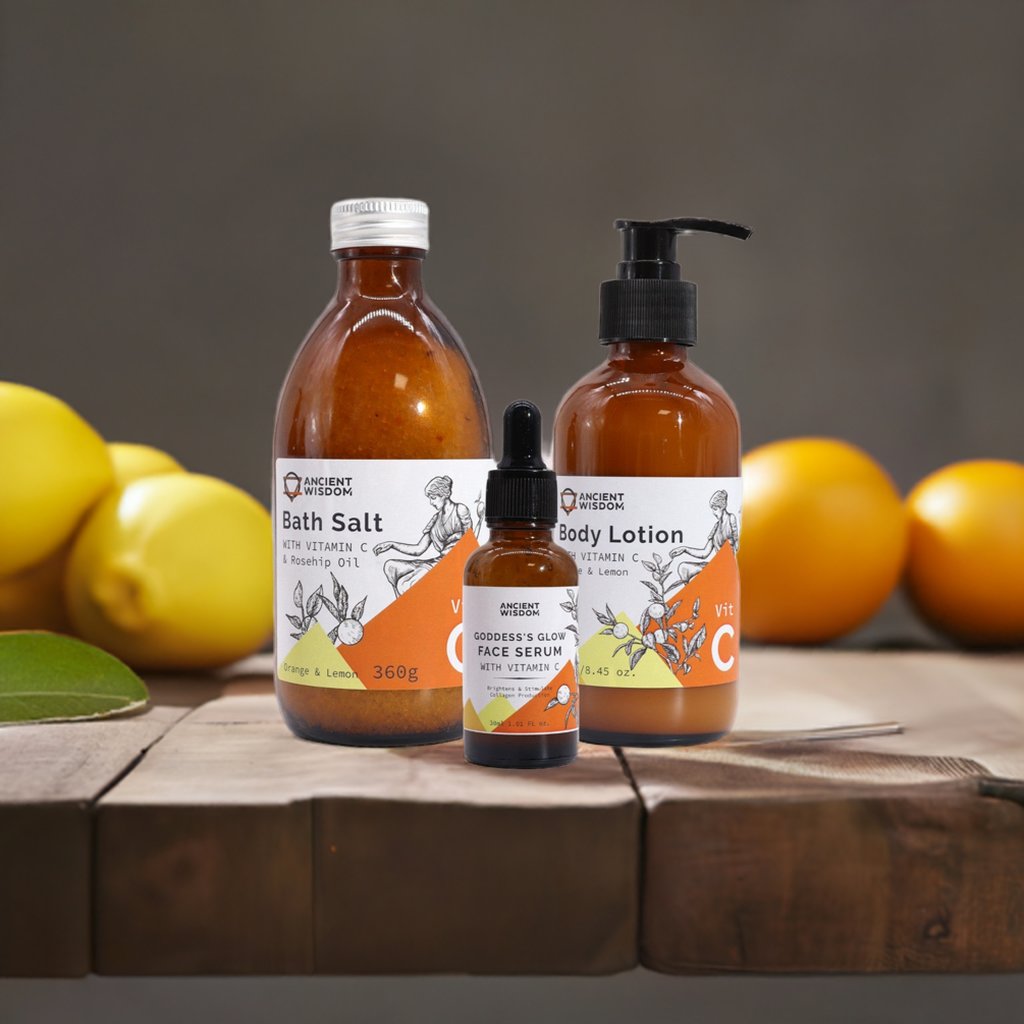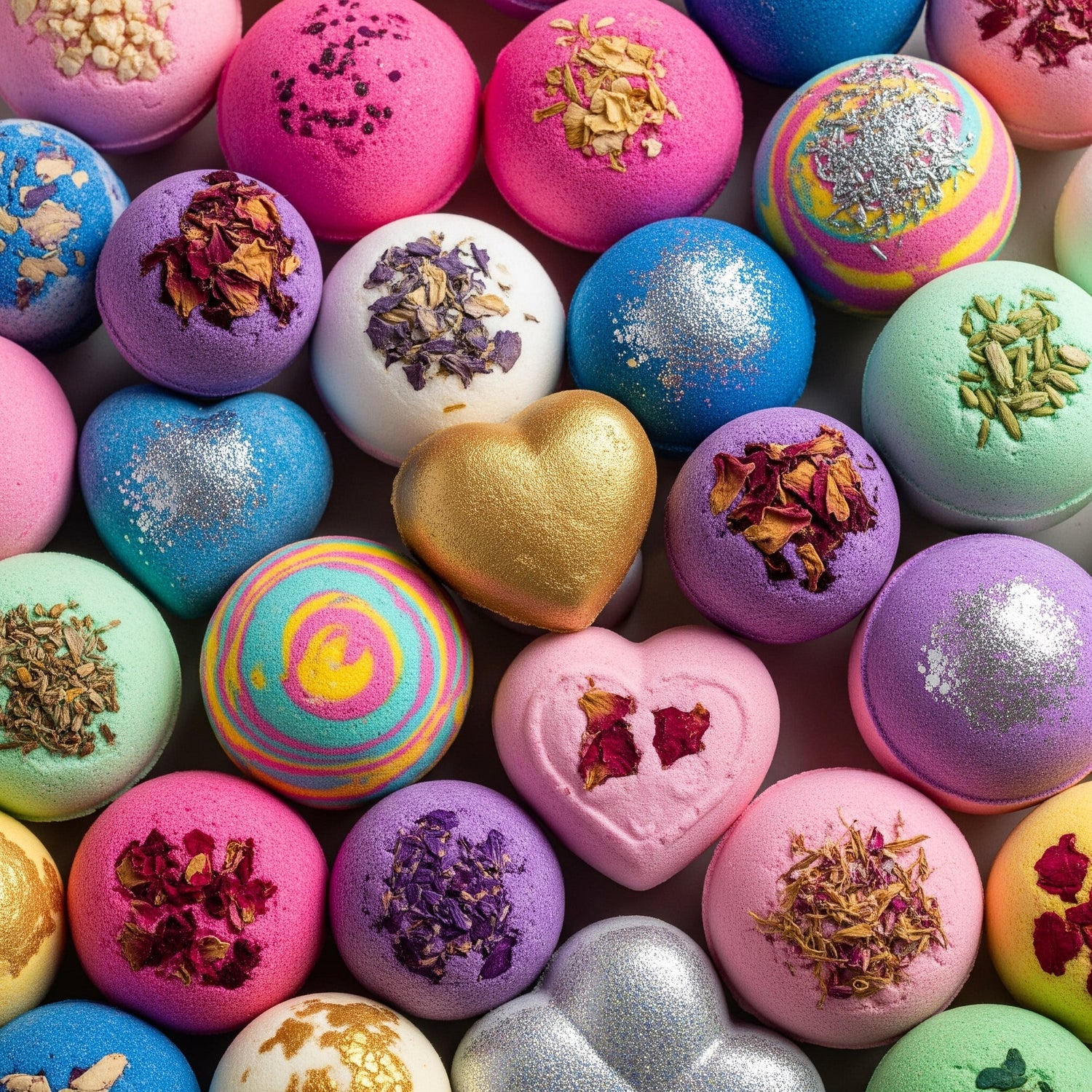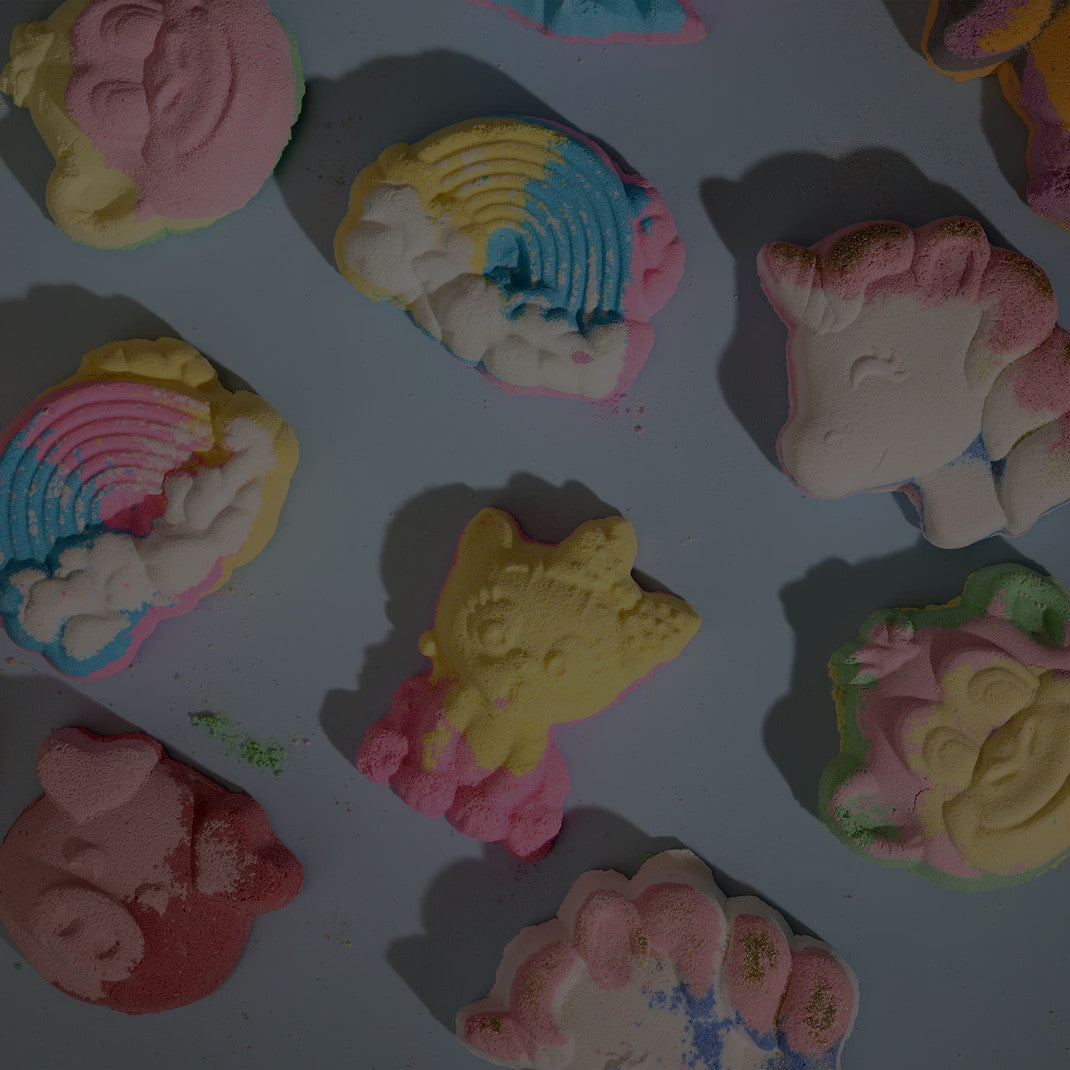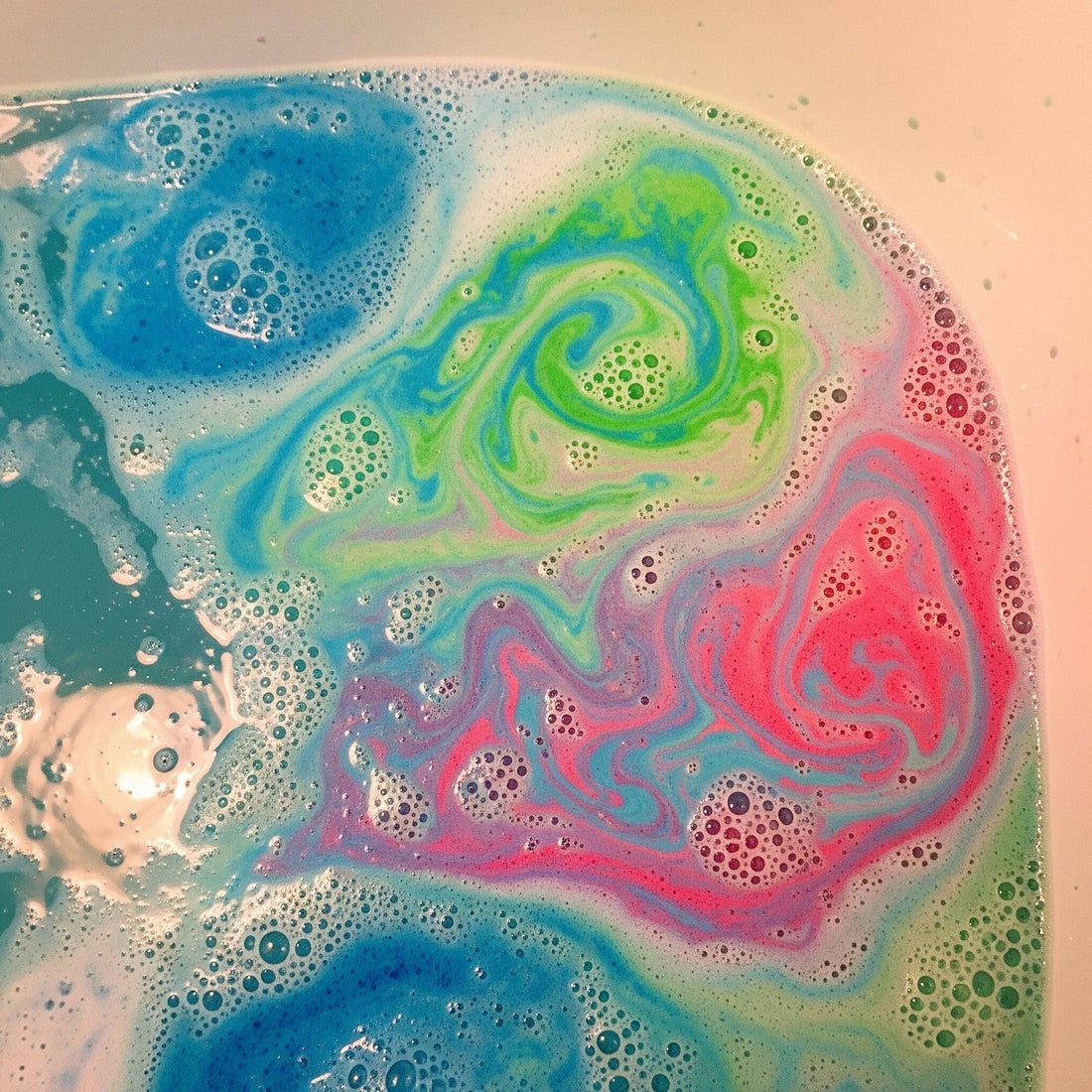
Are Bath Bombs Safe for Plumbing?
There’s nothing quite like sinking into a warm bath, a colorful, fragrant bath bomb dissolving around you, turning your bathroom into a personal spa. From the soothing lavender to the invigorating citrus, bath bombs offer a blissful escape from daily stresses. But as you watch those vibrant colours swirl down the drain, a tiny, nagging question might pop into your mind: Are bath bombs safe for plumbing, or am I unknowingly setting myself up for a plumbing nightmare down the line?
It’s a valid concern, especially given the sheer variety of bath bombs on the market today. We’ve all seen those captivating TikToks of glitter-filled, flower-petal-infused masterpieces. While they look absolutely stunning in the tub, the reality of what goes down your drain can be a little less glamorous for your pipes. Let's break down the bubbly truth.
The Good, the Bad, and the Bubbly: What's in a Bath Bomb?
At their core, most bath bombs are a mixture of baking soda (sodium bicarbonate) and citric acid. When these two meet water, they react, producing that satisfying fizz. Beyond this basic chemistry, manufacturers add a whole host of other ingredients to enhance the experience. This is where the potential plumbing problems often begin.
✨ Epsom Salts: Often included for their muscle-relaxing properties, Epsom salts are generally water-soluble and don't pose a significant threat to your plumbing.
✨ Essential Oils and Fragrances: These are also typically fine. They disperse in the water and are unlikely to cause blockages. However, excessive use of particularly oily formulations could contribute to a build-up over time, especially if combined with other problematic ingredients.
✨ Colourants: The dyes used in bath bombs are usually water-soluble and shouldn't stain your tub or clog your pipes. But it's worth noting that very dark or highly pigmented colours might leave a residue in older, porous tubs.
✨ Moisturizers (Butters and Oils): Ingredients like shea butter, cocoa butter, and various carrier oils are fantastic for your skin, but they can be problematic for your pipes. When these oils cool, they solidify, clinging to the inside of your drainpipes. Over time, this sticky residue can trap other debris, leading to significant clogs. This is especially true for those extra luxurious bath bombs packed with rich emollients.
✨ Glitter and Shimmer: Oh, the sparkle! While visually appealing, glitter (often made of plastic) does not dissolve. It's essentially microplastic going down your drain. This can accumulate in your pipes, especially in areas where water flow is slower or where there's already some residue. The more glitter, the higher the risk of glitter-related drain issues.
✨ Dried Flowers, Herbs, and Petals: These natural additions look beautiful floating in the bath, creating a truly luxurious experience. However, just like hair, they don't break down in water and can easily get caught in your drain stopper, pop-up mechanisms, or further down the drainpipe. Even small pieces can contribute to a larger blockage when combined with soap scum and solidified oils.
The Science of Clogs: Why Bath Bombs Can Be a Problem
So, how do these seemingly innocuous ingredients morph into a stubborn clog? It’s often a combination of factors:
✨ Grease and Oil Build-up: This is perhaps the biggest culprit. The butters and oils in bath bombs behave similarly to cooking grease when it goes down your kitchen sink. They solidify as they cool in your pipes, creating a sticky lining. This sticky layer then acts as a magnet for anything else that comes down the drain.
✨ Trapped Debris: Glitter, flower petals, and even fragments of fizzed bath bomb can get caught in the solidified oil or in existing rough spots within your pipes. Each bath contributes to this accumulation, slowly but surely reducing the diameter of your drain.
✨ Older Plumbing Systems: If your home has older pipes, especially those made of cast iron, they are more susceptible to corrosion and rough interior surfaces. These imperfections provide more places for bath bomb residue to cling to, accelerating the clogging process. Newer PVC pipes offer a smoother surface, making them somewhat more resistant, but not immune.
Tips for Enjoying Bath Bombs Without the Plumbing Panic
Does this mean you need to say goodbye to your beloved bath bombs forever? Absolutely not! With a few preventative measures, you can continue to enjoy those fizzy escapes without fear of calling an emergency plumber.
✨ Use a Drain Catcher: This is your best friend! A simple mesh drain catcher will trap most of the larger debris like flower petals, glitter, and even bits of un-dissolved bath bomb. Make sure to empty it after every bath. This is a low-cost, high-impact solution to keeping your drains clear.
✨ Run Hot Water After Your Bath: After the tub has drained, run hot water down the drain for a few minutes. This can help to melt and flush away any remaining oils and butters before they have a chance to solidify and cling to your pipes. This is particularly helpful for bath bombs with high oil content.
✨ Opt for Simpler Bath Bombs: If you’re a frequent bath bomb user, consider choosing options that are free from excessive glitter, large amounts of dried botanicals, and heavy butters. Many brands offer "cleaner" formulations designed to be less taxing on your plumbing.
✨ Occasional Drain Maintenance: Every few months, consider a natural drain cleaner. A mixture of baking soda and vinegar, followed by hot water, can help to break down minor build-ups. Avoid harsh chemical drain cleaners as they can damage your pipes and are often ineffective against stubborn clogs.
✨ Know Your Plumbing: If you live in an older home or have had plumbing issues in the past, be extra vigilant. Consider consulting with a local plumber for advice on your specific system.
The Verdict: Are Bath Bombs Safe?
In moderation and with proper precautions, bath bombs can be safe for your plumbing. The occasional use of a standard bath bomb is unlikely to cause a catastrophic blockage. However, frequent use, especially of bath bombs packed with glitter, oils, and botanicals, significantly increases the risk of clogs.
Think of it like this: a single indulgence won't hurt, but consistent habits can lead to consequences. By being mindful of the ingredients and taking a few simple steps, you can enjoy the luxurious experience of a bath bomb without the unwelcome surprise of a clogged drain. Your pipes (and your wallet) will thank you!

